|
by Rana Asfour 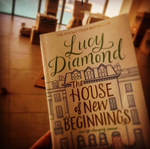 So we’re moving AGAIN … After a period of just under five years, my time amongst the wonderful people of the UAE is coming to a close. Six months down the line, the BookFabulous family will be off to make a new home in Washington DC. Mr. BookFabulous has found himself a new media challenge in the American capital and so off we go! I won’t say my goodbyes just yet Abu Dhabi, I’ll save the tears for when the time comes when I have to get on that plane.
0 Comments
This week the Pen Centre USA announced the winners of their literary awards with the award in translation going to Kareem James Abu Zeid for his translation of Lebanese author Rabee Jaber's book 'Confessions' into English.
by Rana Asfour I am always conflicted when a book I particularly enjoyed reading is to be given the Hollywood treatment.
Fiction nominations for 2017 National American Book Award List of non-fiction books nominated for the 2017 American National Award:
by Rana Asfour It's out! The much anticipated shortlist for the 2017 Man Booker Prize that is and I must say that four out of six ain't bad! that is the number of the books on that shortlist that BookFabulous has already read and also loved! so this is going to be one hell of a tight competition and calling it is going to be tough. The Shortlist includes 'Elmet' by Fiona Mozley, 'History of Wolves' by Emily Fridlund, 'Autumn' by Ali Smith, 'Exit West' by Mohsin Hamid, 'Lincoln in the Bardo' by George Saunders, and '4321' by Paul Auster. If you've been following the BookFabulous Instagram feed, you'll know that we've already read all but two of the shortlisted titles which are 'Elmet' and 'History of Wolves' which we will completing this week. The winner will be announced on 17 October. 'Elmet' by Fiona Mozley Daniel is heading north. He is looking for someone. The simplicity of his early life with Daddy and Cathy has turned sour and fearful. They lived apart in the house that Daddy built for them with his bare hands. They foraged and hunted. When they were younger, Daniel and Cathy had gone to school. But they were not like the other children then, and they were even less like them now. Sometimes Daddy disappeared, and would return with a rage in his eyes. But when he was at home he was at peace. He told them that the little copse in Elmet was theirs alone. But that wasn't true. Local men, greedy and watchful, began to circle like vultures. All the while, the terrible violence in Daddy grew. Atmospheric and unsettling, Elmet is a lyrical commentary on contemporary society and one family's precarious place in it, as well as an exploration of how deep the bond between father and child can go. 'History of Wolves' by Emily Fridlund Fourteen-year-old Linda lives with her parents in an ex-commune beside a lake in the beautiful, austere backwoods of northern Minnesota. The other girls at school call Linda 'Freak', or 'Commie'. Her parents mostly leave her to her own devices, whilst the other inhabitants have grown up and moved on. So when the perfect family - mother, father and their little boy, Paul - move into the cabin across the lake, Linda insinuates her way into their orbit. She begins to babysit Paul and feels welcome, that she finally has a place to belong. Yet something isn't right. Drawn into secrets she doesn't understand, Linda must make a choice. But how can a girl with no real knowledge of the world understand what the consequences will be? 'Autumn' by Ali Smith Daniel is a century old. Elisabeth, born in 1984, has her eye on the future. The United Kingdom is in pieces, divided by a historic once-in-a-generation summer. Love is won, love is lost. Hope is hand in hand with hopelessness. The seasons roll round, as ever . . . 'Exit West' by Mohsin Hamid Nadia and Saeed are two ordinary young people, attempting to do an extraordinary thing - to fall in love - in a world turned upside down. Theirs will be a love story but also a story about how we live now and how we might live tomorrow, of a world in crisis and two human beings travelling through it. Civil war has come to the city which Nadia and Saeed call home. Before long they will need to leave their motherland behind - when the streets are no longer useable and the unknown is safer than the known. They will join the great outpouring of people fleeing a collapsing city, hoping against hope, looking for their place in the world . . . 'Lincoln in the Bardo' by George Saunders The extraordinary first novel by the bestselling, Folio Prize-winning, National Book Award-shortlisted George Saunders, about Abraham Lincoln and the death of his eleven year old son, Willie, at the dawn of the Civil War The American Civil War rages while President Lincoln's beloved eleven-year-old son lies gravely ill. In a matter of days, Willie dies and is laid to rest in a Georgetown cemetery. Newspapers report that a grief-stricken Lincoln returns to the crypt several times alone to hold his boy's body. From this seed of historical truth, George Saunders spins an unforgettable story of familial love and loss that breaks free of realism, entering a thrilling, supernatural domain both hilarious and terrifying. Willie Lincoln finds himself trapped in a transitional realm - called, in Tibetan tradition, the bardo - and as ghosts mingle, squabble, gripe and commiserate, and stony tendrils creep towards the boy, a monumental struggle erupts over young Willie's soul. Unfolding over a single night, Lincoln in the Bardo is written with George Saunders' inimitable humour, pathos and grace. Here he invents an exhilarating new form, and is confirmed as one of the most important and influential writers of his generation. Deploying a theatrical, kaleidoscopic panoply of voices - living and dead, historical and fictional - Lincoln in the Bardo poses a timeless question: how do we live and love when we know that everything we hold dear must end? '4321' by Paul Auster
On March 3, 1947, in the maternity ward of Beth Israel Hospital in Newark, New Jersey, Archibald Isaac Ferguson, the one and only child of Rose and Stanley Ferguson, is born. From that single beginning, Ferguson's life will take four simultaneous and independent fictional paths. Four Fergusons made of the same genetic material, four boys who are the same boy, will go on to lead four parallel and entirely different lives. Family fortunes diverge. Loves and friendships and intellectual passions contrast. Chapter by chapter, the rotating narratives evolve into an elaborate dance of inner worlds enfolded within the outer forces of history as, one by one, the intimate plot of each Ferguson's story rushes on across the tumultuous and fractured terrain of mid twentieth-century America. A boy grows up-again and again and again. As inventive and dexterously constructed as anything Paul Auster has ever written 4 3 2 1 is an unforgettable tour de force, the crowning work of this masterful writer's extraordinary career. by Rana Asfour 'Season of Stories' has, today, sent out the first of its three months of hand-picked short stories. The season kicks off with 'Prom' by Hasan Minhaj. Expect future stories from acclaimed authors such as Lee Child, James McBride, Jenny Zhang, Charles Yu, Denis Johnson, and Aimee Bender.
So this is how this works: Each week, you get a new short story delivered to your inbox in four instalments, sent daily from Tuesday until the conclusion on Friday. The bite-sized newsletter will give you just the right amount to read while commuting, waiting in line, or during your lunch break. And it's all free. Check out more HERE and click HERE to see a list of all the books they featured from last season. by Rana Asfour The past three days have seen me struck down with a flu that has completely floored me and is turning my life into a nightmare robbing me of even my few hours of sleep as a long suffering insomniac. It feels like I'm dying. Before you think it, I realise that my self-indulgent drama pales in the wake of current catastrophic world events such as Hurricane Harvey in Houston and now Irma on its destructive path to Miami as I type. However, with a capital H if you please, Bob Marley once said, 'A man is a universe within himself'. Some will of course argue that I've taken this quote out of all context in order to unashamedly use it (or abuse it - your choice) for my own personal exoneration from a crime that can only be described as self-indulgent - and they are most likely right. However, in defence, I ascribe my unhinged and unbalanced reasoning to a blockage in all brain ducts responsible for 'seeing the big picture' brought on by a diminished oxygen supply to the brain as a result of influenza's worst affliction on my being: a blocked nose. I have been reduced to a snotty, snivelling, barely functional human being, highly contagious and wracked with a cough that renders a twenty-a-day smoker to a fumbling amateur. And yet, as I wallow in a sea of pity surrounded by soggy tissues and Strepsils I cast my eye around my bedroom and spot a salvation that had been there, right under my blocked and swollen-red nose all along. A few months ago, at the Emirates Airline Festival of Literature I purchased a book called appropriately 'The Novel Cure' written by Ella Berthoud and Susan Elderkin. Aiming straight for the Index of Ailments at the back of the book I scroll down until I find the word 'flu' and then it's off to page 173 These brilliant women have found a strange coincidence they write - a breakthrough I insist - 'that no medical doctor or scientific researcher has yet noticed, or even studied: the moment a flu patient begins to read an Agatha Christie novel marks the commencement of their recovery'. They recommend 'The Murder of Roger Ackroyd', the novel that confirmed Christie's genius as a writer of detective fiction.
Their reasoning? They maintain that the aches, chills, fever, sore throat, runny nose - 'all these are nothing compared to the determination to work out the guilty party before Poirot'. Deliciously, under 'Common Cold' they list other books that can help a flu sufferer and are perfect when combined with a warm blanket and a hot drink. Some include 'Memoirs of a Geisha' by Arthur Golden, 'The Devil Wears Prada' by Lauren Weisberger, and my personal favourite 'The Secret Life of Bees' by Sue Monk Kidd to name a few. They even have an entry for 'Man Flu' under which they recommend 'Les Misérables' - told you they were geniuses - as if one needed a scientist to prove that one?! And one last word for those of you who are shaking your heads right and left believing that nothing ever really beats a cold, they've got an entry just for you: It's also under C for 'Cynicism' or frankly under K for 'Killjoy'. Oh and I'll have you know I'm feeling much better already :) by Rana Asfour Not only is today 'back to school' for the son who wasn't too happy to be woken up at 5:45 this morning but I've only just found out that American actor Tom Hanks will be reading exclusive excerpts from his debut 'Uncommon Type' at the Southbank Centre's London Literature Festival on 1 November.
The book - which I still cannot believe I have missed all mention of - will be published in October (although you can pre-order on Amazon) is a collection of seventeen short stories that 'dissects, with great affection, humour, and insight, the human condition and all its foibles'. The stories all have one link in common: in each one the typewriter plays either a major or minor role. The London Literature Festival runs from 13 October to 1 November and features live readings, performances, talks, debates, visual displays, workshops and music. Hillary Rodham Clinton will also be speaking at the festival (October 15). Also featuring will be Philip Pullman, Annie Leibovitz and a live reading of Nelson Mandela's memoirs, this year sees a specially expanded edition of the festival, exploring how literature and poetry can remind us of our shared humanity in a world on the brink. Check out more on the festival and how to book HERE. by Rana Asfour Wendy Leighton-Porter spent twenty years as a teacher of French, Latin and Classical studies in the UK, before a change of career led her to writing books for children instead. She currently divides her time between homes in South West France and Abu Dhabi in the UAE. She lives with her husband and their beautiful Tonkinese cat. I met Wendy a couple of months back on a visit to the ‘Wanna Read?’ offices in Abu Dhabi where I volunteer. 'Wanna Read?' is an NGO that believes in ‘healing through reading’ founded by Sheikha Shamma bint Sultan Bin Khalifa Al Nahyan who is also the owner of the ‘Royal Publishing House’ in Abu Dhabi where Wendy currently volunteers to manage Sheikha Shamma’s own series of books. Wendy is the internationally-selling author of the SHADOWS FROM THE PAST series - exciting time-travel adventure stories aimed at children over eight-years-old. The first book in the series, ‘The Shadow of Atlantis’, debuted in 2011 and since then Max, the talking Tonkinese cat (writer of his own mini-blog), and his three young friends (ten-year-old twins Jemima & Joe, and their friend Charlie) have been on various adventures travelling through different times in the world’s history. To date there have been 13 published adventures with two more scheduled for release in the very near future. Here she talks to BookFabulous on how she began writing children's books as well as some tips for budding writers... The beginning… ‘I always wanted to write a book and when I stopped teaching in the UK, I no longer had the excuse that I had no time. But then I had a moment of panic about what I wanted to write about. I knew I wanted to write for children because I had always taught children, and I still liked the idea of educating even though I was no longer in the classroom. ‘It all started when I was traveling on an airplane and had a couple of hours to think. I knew I wanted to write a series. By the time the plane landed, I’d worked out my characters and what the basic premise of the book was about and how it would happen. ‘They usually say to write about what you know. Since I was teaching Latin and Classical studies, I decided I would begin my stories set in the ancient past, in the famous of all ancient places, Atlantis. I then had the idea of a talking cat because I had a cat that I loved. On the ‘Shadows from the Past’ series… ‘This is an ongoing series. I am probably half way through. I have published 13 in total although 9 of them are really full-length, standalone books, because occasionally I’ll write a little off-shoot story (4 mini adventures) where Max (the cat) has an adventure on his own although his adventures in a way tie in with the series. All the books in the series could be read as standalone books if one wanted to do that and not read them in order, though really they make more sense when read consecutively. ‘I probably have 9 more full length stories to write and I already know what they are going to be. I know where my series is going to end and how it’s going to end and I know each stopping point along the way and titles for these books because they are time travel stories and they started back in Ancient history in Atlantis and they’re gradually moving forward in time. So the one that I’ve just written is set in the 16th century (at the printer’s) and includes people like Shakespeare and Queen Elizabeth I of England. On Max … the talking cat! 'He’s quite an extraordinary cat and he’s got quite a real character. And in fact he is the character that children love and I’m pleased about that because he’s the character that I love too. Max really has developed into a hero and with each passing story where he takes more and more of an active role he’s very funny. Thanks to a charm on his collar he’s able to talk and understand what’s being said to him so he often helps the children on their travels. 'Max is in fact my cat. Unfortunately the real cat passed away last year but he was 16. He’d had a good life. So all the descriptions of him in the book and the things people say about him in the book are things that people have in the past said about the real Max.' On writing … ‘I always have a basic framework although I don’t stick rigidly to it. I know everyone writes in a different way. Some people have to have absolutely every detail planned. Personally, I prefer to start out with an idea of how I’d like my book to end and then I decide basic ideas on how it will go along after which I fill the missing gaps as I go along. I often get ideas as I’m writing. So often as I’m writing I’ll suddenly go off on a tangent and things will occur to me in the process of writing. And I’m fine with that. In fact as I wrote the books the characters grew in ways that I didn’t expect them to as they took on different personalities that I hadn’t necessarily planned for them’. On setting… 'The series takes the three children and their cat on time travel adventures that start in Ancient Atlantis. ‘Another,’ explains Wendy is set in Egypt in the time of Tutankhamen and there’s an ancient Pompeii one because ‘when I used to teach Latin, I taught about Pompeii. As I’ve moved into more recent history, the stories are about the [British] history that I know. Although having said that, and without giving too much away, the cast will be travelling further afield for a couple of other adventures; There is going to be one set in France during the revolution, and the last book will not end in England. 'Funnily enough, before even coming to the UAE, I set Max’s Arabian Adventure out here in the Empty Quarter (al rub al khali). It’s really a little bit like Aladdin’s tale with the magic lamp and the magician and along the way he meets a falcon and a camel who help him'. On editing… ‘It used to take me about three months to write a book. But since I came out to Abu Dhabi and got involved with all the things that I do out here, it is taking me about 18 months to complete a book because I have to try and fit in writing in quiet times when I’m not doing other things. I go through three drafts before I’m satisfied with the work mainly because I’m finicky about grammar having been a teacher. Then I normally have at least two, maybe three proofreaders go over it because you never see your own mistakes. So you need other pairs of eyes and every work does need to be edited before it goes to print. ‘My husband also edits for me and he is ruthless. He always looks at it and says ‘Adjectives, adverbs, cut them all out!’ He writes thrillers and so writes in a totally different style and I always say to him that for children you need to paint a picture so you need more description. So I slip them back in when he’s not looking. But when other people are correcting me and usually write me that this doesn’t work or that I’ve got a plot hole there or that I’m repeating myself, I do take note. Any author has to accept being edited.’ ‘If English is not your first language but feel you can only write in English then make sure you get a native speaker to edit and proofread your work to make sure your writing isn’t stilted and is written in a natural flow of English. I think often when a work is translated as well, if you don’t have a good translator it can end up reading in a strange way. I was given a book to proofread that was written by a Norwegian writer who translated it into English themselves, and it was full of really literal translations of phrases and idioms that meant nothing in English’. On reading…
‘I read everything and I always have a book on the go. I love historical and detective fiction. When it comes to children’s books, every time I find that people are talking about a particular author that is current or really good, I download their book and I read it. I think it is something that is important to keep up with what’s around for kids. And there is so much good stuff out there’. On e-reading… ‘I have been reading on a kindle since I moved out here to Abu Dhabi because it’s practical but I still prefer the feel and of course the smell of a real book. Back at home I have a library, which is actually a very wide corridor along the length of which are books from floor to ceiling. I see bookshops as magical places; I can spend hours in them. ‘Although my books are published in the UK, they are all available in e-format on Kindle. To bring them in to the UAE is not terribly easy because I have to get them shipped over and that is the expensive bit. I am looking into though.’ On Royal Publishing House... ‘When I met Sheikha Shamma bint Sultan bin Khalifa al Nahyan, also a children author, she had just set up the Royal Publishing House and had released her first book ‘The Lost Princess’. Gradually as I got to know her and she realized that I was involved in writing and publishing with my own books, she asked for my help. So, I am sort of running the publishing house now but on a voluntary basis. But it does take up most of my time and it’s lovely because a life filled with books is what I enjoy.’ On advice for budding writers … ‘We’ve all started at that stage with having never written and it is very daunting when you sit down for the first time in front of a blank computer screen or a blank piece of paper and think ‘can I do it?’ But you’ll never know until you do. They always say ‘Everyone’s got a book in them!’ and I think that having the idea is the most important thing and once you’ve got that just go for it. You don’t have to have a degree in writing to write. I don’t. Anyone can write. When I look back at what I first wrote, I think ‘ooh it wasn’t terribly good’ but you learn to polish as you go along. ‘Another thing is that I always keep a notebook so that when I get ideas I jot them down before I forget them. 'Back at home, before coming here I had my own nice office where I wrote but here in Abu Dhabi, I have to work anywhere although I do need to have peace and quiet although I know other writers who can only write to music. Everybody is different. So I don’t think that there is any hard and fast rule or magic formula for writing. It’s just about going with what suits you.’ by Rana Asfour Sometimes a book sneaks up on you and takes you so totally by surprise that the shock of the encounter takes a while to recede, remaining lodged at the forefront of your thoughts. 'Reunion' by Fred Uhlman, is nothing short of a perfect haunting tale about a friendship destroyed by history. It was selected as Book of the Year 2016 by the Guardian, UK. Although a little known novella, it boasts fans including Ian McEwan, John Boyne, Deborah Moggach and David Nicholls. 'He came into my life in February 1932 and never left it again'. So begins Uhlman's novella narrated by Hans Schwarz, 'the son of a Jewish doctor, grandson and great-grandson of a Rabbi, and of a line of merchants and cattle dealers'. Schwarz years later is remembering his sixteen-year-old self when he attended school at the Karl Alexander Gymnasium in Stuttgart, Württemberg's most famous school founded in 1521 run by Herr Zimmermann, who all the students treat with 'contempt and occasionally with cruelty, the cowardly cruelty which so many healthy boys show towards the weak, the old and the defenceless'.
As far as a sixteen year old's life goes, Schwarz's life, although not particularly interesting, follows in typical fashion that of his teenage peers until in walks golden boy Graf Konradin von Hohenfels, a young member of the illustrious Swabian family whose ancestors had once tried to save the great Barbarossa while others were decorated war heroes who had died in the defence of their beloved Germany. Nevertheless, and despite all their differences, Konradin and Hans become very close friends. It’s a friendship of the greatest kind, of shared interests and long conversations, of hikes in the German hills and growing up together. A coming-of-age story that Hans diligently documents in his journal. 'Between the ages of sixteen and eighteen boys sometimes combine a naïve innocence, a radiant purity of body and and mind, with a passionate urge to absolute and selfless devotion. The phase usually lasts a short time, but because of its intensity ad uniqueness it remains one of life's most precious experiences'. Although the boys are aware of the political unrest whose 'storm-centre was far away - in Berlin, whence clashes were reported between Nazis and Communists', they remained ensconced in a 'magic circle' innocently believing that nothing could disturb their friendship. Predictably, their bubble bursts but surprisingly the inciting incident when it happens is not one which the reader is expecting. For such a small book (96 pages) Uhlman packs in a lot of heavy discussions on religion and the existence and nature of this Higher Being. Notes on how Jews felt about a homeland in which they had to decide on 'exchanging the Rhine and Mosel, Neckar and Main for the sluggish waters of the Jordan' and of course about the evils of Nazism and the way it shattered people's belief that 'foremost they were Swabians, then Germans and then Jews'. Totally life-changing, completely relevant to today's world and an absolute must-read. 'Reunion' was adapted for film by director Jerry Schatzberg that was released in 1989, under the same title. by Rana Asfour ‘The Red Cobra’ is book one of a new series by Rob Sinclair featuring James Ryker (previously known as Carl Logan from the Enemy Series by the same author). Judging by my reviews of the previous series at the time, it is evident that I really (I mean REALLY) enjoyed them - hooked more like it. I was sad when the last of the books came out. I was so captivated by macho, no-feelings man Carl Logan and his enigmatic nemesis the Red Cobra, so lodged in the tough, brutally, fast paced and cold world of cloaks and daggers that when the time came for the last installment, I unwillingly acquiesced to the fact that my relationship with these characters had come to an end. So of course, how thrilled was I, when author Rob Sinclair wrote in to say that actually there was MORE. I was over the moon and raced to purchase the new book ‘The Red Cobra’ and then proceeded to finish it (more accurately devour it) in one sitting. This is a fast paced, action packed thriller with strong female and male protagonists who despite all the brutality are more ‘human’. In terms of writing, this is probably one of Rob Sinclair’s best work to date. After reading all of this author’s books, I believe that his success is down to writing skill as well as a knack for spell binding storytelling; A cognizant reader will find that words in the text are meticulously chosen, scene descriptions and dialogue are kept short and concise, and the plot sequence tight to the point that it takes only a few chapters into the novel for readers to surrender to a tale that not only runs smoothly along but is completely believable. I’ll tell you another thing that made this book work for me: the short space of time between the release of the last of the Enemy Series books – ‘The Hunt for the Enemy’ and this one ‘The Red Cobra’ meant that the main characters in this new release were still fresh in my mind. With the gazillion books that I read, had Sinclair taken more time in between books, the job of remembering who was who and what was what would have been a tasking one. Trust me when I say not many readers will take the time out to remember or even have the time to go back and refresh their memory by re-reading up on previous books they thought they were done with. For that alone, well done team Sinclair! I should point out that to appreciate this book in no way implies that you should read the Enemy Series first – although really it does up the level of enjoyment particularly with regards to the identity of the Red Cobra when it’s revealed at the end of this book. Now comes my dilemma. As this series is a spin off from the ‘Enemy Series’, then this book is essentially book one of a NEW series that nonetheless features the much familiar –but changed - character ‘Carl Logan’ operating under a new name. As someone who has read the entire Enemy series it felt like I was not only back to square one but there was a fear that my adored character was, to my horror, in peril of slipping into stagnation. There was slightly that but I’m just keeping the faith that the author has a solid plan to create a catalyst for James Ryker that will have him fighting his way back to the top of my top ten list of macho fictional characters in the sequels to follow.
However, I will concede that I perhaps feel this way because I am familiar with the previous series but not all readers of this book will be and so as Book One, it becomes the author’s responsibility to set the scene, draw the landscape and define the boundaries that James Ryker (to new readers a completely new character) is to operate his new life by and in that it succeeded beautifully. With the first book in this new series, Sinclair has presented a question: Will the newly changed Logan be able to survive by the new rules he has set himself in a world that is prevalent with ghosts of the past and enemies that will not let him or those he loves be? I, for one, will definitely be sticking around to find out. The Blurb at the back of the book: Carl Logan dedicated nearly twenty years of his life to the Joint Intelligence Agency. Now living in a secret location, under the new identify of James Ryker, he wants nothing more than to be left alone, the chance to start a new life away from chaos, violence, destruction and deceit. It’s not long, however, before Ryker’s short-lived idyll is destroyed when he is tracked down by Peter Winter, his ex-boss at the JIA. Winter brings with him news of the murder of a woman in Spain, Kim Walker, whose fingerprints match those of one of Ryker’s former adversaries who’s been missing presumed dead for years - an infamous female assassin known as the Red Cobra. A cyber attack at the JIA led to the Red Cobra’s profile being compromised, and Winter believes JIA agents may now be at risk too, Ryker included. But Ryker knew the elusive Red Cobra better than anyone, and when he sees the grisly pictures of Kim Walker’s corpse, he has news for Winter - she isn't the assassin at all. So just who is the mystery dead woman? And where is the real Red Cobra? by Rana Asfour ‘Scream of the Tasburai’ by Rehan Khan is the second instalment of the Tasburai Chronicles trilogy. Book one ‘Last of the Tasburai’ was released in 2015. ‘Scream of the Tasburai’ opens with a flashback to a battle scene in which a much younger Suri-Yi, the last of the Tasburai, is in battle with the Magrog who have crossed the Black Sea to seize hold of Avantolia. Followers of the trilogy will remember that this is the battle that eventually cements the Tasburai Order’s rule who then go on to establish the Republic of Avantolia. What readers find out now though is how exactly the victory was secured. Suri-Yi we learn is the guardian of a secret weapon known as ‘The Scream’. It is a powerful sound wave that rises up through the belly of its executioner to ‘pulverize flesh, ground rocks to dust, scald grass … like a tidal wave, engulfing everything’ and leaving nothing in its wake. Ordered by the late Naram-Sin to unleash the power she carries inside her, she realizes when it’s over that she is forever changed. Burdened with immense guilt, she vows that she will do everything in her power so as never to have to unleash it again. And so, with no unnecessary perambulation, the book’s first chapter jumps straight into where it left off in book one. Apprentice of the Tasburai Order Adan is still reeling from the discovery of an evil all-powerful dominating presence inside him who he blames for the killing of his childhood companion; Desperate to be rid of it, despite the fact that it would mean a diminishing of his powers, he has arrived to seek the advice of a Shufi who instructs him to travel to the dangerous land of the Magrog, the vicious bloodthirsty people who have again crossed the Black Sea to attack the lands of Avantolia. There he is to find the only person who can help him: the Magus. Believing that what he carries inside him is a gidm by the name of Vega, he sets out on his quest oblivious of the horrifying revelation that he will soon uncover. Readers of book one know that the demon masters of the Magrog, their sister tribe the Yagrog and their terrifying partners the Xettin have crossed the Black Sea into Avantolia. Suri-Yi is convinced that victory against such a force can only be secured through a United Front made up of The Republic, Krakonite, Kronnoburg, and neighboring Pathan (the map at the forefront of the book is a big help). What she also knows is that such a move entails teaming up with some of Avantolia’s worst enemies. Additionally and while initially unknown to many of the characters including Suri-Yi, is the fact that setting its sight towards Avantolia is a new menace in town known as the Mogithrak; the creature ‘who smears filth upon the land; The concealer, the liar, the enchanter, the gilder’ who will not hesitate to burn the entire region to the ground. And so as Suri-Yi heads with a force of ten thousand from Kronnoburg under the command of Olaf the Generous, to parlay with Avantolia’s chief enemy General Volek at Krakonite, the confrontation is anything but amiable and again alliances are reconfigured as Suri-Yi battles for her survival against an enemy that wants nothing more than to destroy her. The valiant Captain Rikard from book one is now an army Major. Suri-Yi dispatches him East to personally petition the neighboring Maharaja of Pathan to join forces. We find him and his men, Brynjar the Blade, Bolt and Thord the Tracker in caves on the mountainous route of Kronnoburg about to encounter a troupe of hostile Xettin. At the last minute they are saved by the Alappahoe, a people who wear face paint with bodies smudged with a green powder that gives off a luminous glow when close to firelight. In return for ensuring the company’s safe passage through their terrain they ask that one of Rikard’s men stay behind. The choice falls on Bolt who as a reader I found so little mention of in this book that I’m slightly worried the author might forget all about him when book three comes along. Ylva, daughter of Olaf the Generous, we now find pining to become a Tasburai warrior despite the wishes of Suri-Yi and her father. Her task is to lead the women, elderly and children to safety towards the fortress outside the Forbidden Quarter; A place where all the treasures of the ancient world are kept under guard by the Farheet against the Magrog and the Yagrog. Once there, it is not long before Ylva’s curiosity gets the better of her and she steals the keys to the forbidden doors to find out what exactly lies behind them. But the Farheet are expecting her and she finds out that it is she alone of the ‘pure heart’ that wields the weapon capable of destroying the advancing Mogithrak. Queen Elsta of Kronnoburg, now dethroned and sold into slavery, is coming to terms with her demise. Angered and seeking to claim what is rightfully hers she is intent on fleeing captivity in order to seek out Chancellor Sargon who she believes will help her to set matters right. And so with the aid of her new friends, the handmaiden Sally and the sprightly clever Ode, she hatches her plan with confidence. Besides, with the seal of the house of Kronnoburg still in her possession as proof of her identity, what could possibly go wrong? Her journey as a character in this book is particularly interesting for although it starts as one born out of shock and a need for revenge, it also becomes one of empowerment, confidence and self-growth. ‘The Scream of the Tasburai’ is extremely good. It succeeds not only in creating a bridgeway to the third and final book but also for living up to the success of its predecessor. In fact, it trumps it. The writing in book two is stronger, more mature, with tighter chapters and a solid unwavering plot and subplots. There is an elevated level of tension through multiple unpredictable twists and turns as the characters get into place for a final showdown – locations shift, alliances change and truths blur. Loved characters die, old ones make a comeback and new ones are so superbly constructed and fleshed out that they fit in seamlessly without so much as a hiccup in the plotline. The key behind the success of this middle book, I believe, lies in that the author has managed to strike the exact balance between giving background information for readers new to the trilogy and small reminders for those who have read book number one allowing the entire plot and subplots to unfold and move forward with ease. That said I am hesitant to recommend either book as a standalone novel for I personally believe that as a general rule maximum enjoyment and engagement is garnered when a trilogy is read in its proper sequence particularly so with regards the Tasburai Chronicles. As with the first book, Khan masterfully manages in ‘Scream of the Tasburai’ to allow each and every one of his characters - the major players and the secondary ones, the familiar and the new - to enjoy a breadth of space that allows them to grow and develop in interestingly individual ways. In this book we learn more about some of our favourite characters’ histories and challenges, particularly Suri-Yi giving her not only more depth but revealing a vulnerable, more humane side that was missing in book one. And just when followers of the trilogy think they have figured out how a story line might go, the author with deft genius turns everything on its head, changing the game in the process goading his readers on with something new with every turn of the page; Not only does this prove the strength of these characters to carry the weight of the story but they manage to hold the attention of the reader through and through. And so, by the end of book two it’s anyone’s guess how it will all turn out for our valiant and villainous once book number three of the Tasburai chronicles comes into existence. I personally cannot wait to find out! 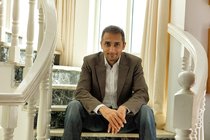 Rehan Khan, was born in Wimbledon, in 1971. His parents' home was close to the quintessential All England Lawn Tennis and Croquet Club and a bike ride away from Wimbledon Common. As a child he loved listening to swashbuckling tales of heroism and valour, as well as dabbling in science fiction. His debut novel was 'Last of the Tasburai'. As his day job, Rehan is the Regional Consulting Director in the MENA region, for a FTSE 100 corporation. He has more than twenty years of experience in consulting, strategy, business planning, innovation, customer experience, marketing, product management, proposition development and business transformation. Rehan has worked across a number of industries including: telecoms, media, technology, real estate, private equity and executive education. He is also a professor at an international business school. Between 2009-10, Rehan was a business columnist for 'The National' newspaper in the UAE. Rehan holds a Master’s degree in applied social and market research, as well as an MBA in strategy. He lives in Dubai, with his wife and two children. 'Thank You For Waiting' - New Poem Read Exclusively By Simon Armitage on Faber & Faber Website12/3/2017 by Rana Asfour I'll be boarding a plane next week for solo time with me, myself and I! So, opening my inbox this morning to find this piece of news from Faber and Faber regarding their posting of an exclusive reading by poet, playwright, and Oxford Professor of Poetry Simon Armitage's poem 'Thank You for Waiting' seemed rather serendipitous. 'Thank You for Waiting' is one of the poems that appears in Armitage's new book 'The Unaccompanied', published by Faber & Faber. It will have anyone who's ever flown anywhere nodding their head in complete understanding! Here is a free exclusive reading of the poem on the Faber & Faber website. 'The Unaccompanied' documents a world on the brink, a world of unreliable seasons and unstable coordinates, where Odysseus stalks the aisles of cut-price supermarkets in search of direction, where the star of Bethlehem rises over industrial Yorkshire, and where alarm bells for ailing communities go unheeded or unheard. Looking for certainty the mind gravitates to recollections of upbringing and family, only to encounter more unrecoverable worlds, shaped as ever through Armitage's gifts for clarity and detail as well as his characteristic dead-pan wit.
Insightful, relevant and empathetic, these poems confirm 'The Unaccompanied' as a bold new statement of intent by one of our most respected and recognised living poets. BAILEYS WOMEN’S PRIZE FOR FICTION ANNOUNCES 2017 LONGLIST To Coincide with International Women's Day8/3/2017 The Baileys Women’s Prize for Fiction has announced the 2017 Longlist which coincides with International Women's Day 2017. Now in its 22nd year, the Prize celebrates excellence, originality and accessibility in writing by women in English from throughout the world. The longlisted books are as follows: 'Stay With Me' by Ayobami Adebayo
'The Power' by Naomi Alderman 'Hag-Seed' by Margaret Atwood 'Little Deaths' by Emma Flint 'The Mare' by Mary Gaitskill 'The Dark Circle' by Linda Grant 'The Lesser Bohemians' by Eimear McBride 'Midwinter' by Fiona Melrose 'The Sport of Kings' by C.E. Morgan 'The Woman Next Door' by Yewande Omotoso 'The Lonely Hearts Hotel' by Heather O’Neill 'The Essex Serpent' by Sarah Perry 'Barkskins' by Annie Proulx 'First Love' by Gwendoline Riley 'Do Not Say We Have Nothing' by Madeleine Thien 'The Gustav Sonata' by Rose Tremain This year’s recipients of one of the world’s richest literature prizes, The Windham-Campbell Prizes, for the first time include poets, alongside writers of fiction, non fiction, and drama. The awards will be conferred in September at an international literary festival at Yale, celebrating the honoured writers and introducing them to new audiences. They will each receive $165,000 to support their writing.
Established in 2013 with a gift from the late Donald Windham in memory of his partner of forty years, Sandy M. Campbell, the Prizes are celebrating their fifth year of existence. English language writers from anywhere in the world are eligible. Prize recipients are nominated confidentially and judged anonymously. The call that Prize recipients receive from program director Michael Kelleher is the first time that they have learned of their consideration. This year’s Windham-Campbell Prize recipients are: In Fiction: André Alexis and Erna Brodber. In Non Fiction: Maya Jasanoff and Ashleigh Young In poetry: Ali Cobby Eckermann and Carolyn Forché In drama: Marina Carr and Ike Holter. The Windham-Campbell Festival will take place from September 13-15, 2017 at Yale, and begins with an awards ceremony and an invited speaker who gives a talk entitled, “Why I Write.” This year’s keynote will be delivered by Karl Ove Knausgård. Yale’s campus is in New Haven, Connecticut, two hours by train from both New York and Boston, and all events are free and open to the public. by Rana Asfour Debut novel 'Forever' by Indian novelist Rajiv Shah is a love story between Arjun and Karishma, college students in India, who meet by chance and fall in love. Everything is perfect until Karishma is found dead and an investigation is launched, led by detective inspector Rahul and his partner and love interest Susan. In a recent interview with the Khaleej Times, Shah has said that although the main characters in the novel are fictitious, some are based on real people he met during his university years at Jai Hind College. The novel begins fifteen years after the case has been solved. Inspector Rahul is on annual holiday in Kashmir when he receives the annual letter from Arjun which the latter sends each year on the anniversary of his dead lover. However, this letter is different in tone, as twice Arjun hints at the fact that he may be dying and it is his wish that he meet the detective one last time before he departs this world to be with his Karishma. Only when Rahul receives a phone call from Arjun’s mother urging him to visit the dying man does he decide to make the journey. Once there, Arjun’s dying request is that Rahul, who ‘has not even written articles in his life’, should write a book about Arjun’s doomed love story. And so, just like that, ‘Rahul the detective transforms to Rahul the author; a new rebirth, a new avatar, a new karma to look forward to’. And so begins the telling of ‘the love story of Arjun and Karishma as well as the most interesting and unique and life changing case of my life’ writes Rahul. If this is sounding all too Bollywood, then you’re deliciously on track. The writer is a self-confessed Bollywood fan and as such, much of his love for these films has definitely trickled into the writing of this story. Not only does the main character Arjun seem infatuated with all things Bollywood, the novel is rife with references to Indian film stars, poems and songs – many that Rahul and Arjun compose themselves. Personally, I am now a big fan of the 'Pehla Nasha' song that Arjun refers to in one of my favourite passages in the book when he describes the moment he knew he'd fallen in love. The novel delves into Indian culture and offers readers a bird’s eye view of a way of life that is usually very private and inaccessible to outsiders. The story also touches on the expectations of today’s youth in love, particularly the clash between tradition and modernity. I particularly enjoyed the great reveal, the missing piece of the puzzle that slots in its place at the end of the book! Brilliantly played Mr. Shah! Most typical Indian mothers desperately care for and are concerned for their children, no matter how old the children may be. And being and Indian son, whenever a woman calls you beta even if she is unrelated to you, you become the beta and would want to fulfil the wishes of that woman. This is the beauty of the Indian culture and the bond between possibly the most holy relationship in the world, mother and son' - 'Forever' by Rajiv Shah And yet sadly and as much as I hate to say it, the book suffers one major drawback which comes in the form of its editing. For a story about love, this point in particular, breaks my heart to pieces. I do understand that writing a book although an exciting journey is most often a stressful one too, and I do appreciate the added pressure when one writes in a language that is not the mother tongue (I do this all the time). However, for an ESL writer, diligent editing is paramount. So much so that the success of the whole project ultimately depends on it. Essentially what solid editing does is make what you have to say more powerful. And I would have loved to have seen that for Shah’s well-structured and compelling novel. All in all, this is a promising debut and Rajiv Shah is a promising writer. I have it on good authority that he’s already hard at work on a trilogy. The book is published by Notion Press and is available at Jashanmal Stores and Carrefour. It can also be purchased online at kinokuniya.com, souq.com as well as Amazon. Rajiv Shah, is a Chartered Accountant (CA) and a Financial Consultant. He is currently the Chairman of the CA Chapter and an Hon’ble Secretary of the Indian Business & Professional Group in Abu Dhabi. He also acts as a Director on the Board of various companies in the UAE. Rajiv found his alter ego in writing poems that soon led to writing romantic fiction. Penguin Random House introduces #UnitedStatesOfBooks, a new social initiative and ReadDown book list series that celebrates, on Instagram and www.penguinrandomhouse.com, the literary spirit of each of the 50 states. #UnitedStatesOfBooks takes readers on a literary tour state by state, with dedicated Instagram posts that highlight a book set in each state, paired with an object that is representative of the state. Curated ReadDown book lists will offer additional reading recommendations for each state.
#UnitedStatesOfBooks kicked off in January 2017, and will run through the end of the year. The states will be presented on the site during the coming months in the order in which they joined the union, having started with Delaware, and to conclude with Hawaii. Readers are encouraged to use hashtag #UnitedStatesOfBooks on Instagram to discuss their favorite books, iconic objects, and images related to each state. Related ReadDown lists for each state can be found by swiping up on an Instagram story. The states, books, and objects that have been featured to date include:
“We invite readers to join Penguin Random House on an armchair literary tour of the #UnitedStatesOfBooks to better understand the different voices, values, perspectives, and stories that make our country a unique place,” said Kristen O’Connell, Senior Director, Consumer Marketing and Social Media, at Penguin Random House. “The #UnitedStatesOfBooks is one of the many ways we are helping readers discover their next great read and engage in discussion about the world in which we live, through books, and the sharing of them on social media.” Source: press release by Rana Asfour An Afghanistan sniffer dog, now retired from the frontline is the subject of medic and author Angie McDonnell's new book 'Gun Shy: The True Story of the Army Dog Scared of War'. Vidar, the army search dog, spent half his life sniffing out enemy weapons and bombs on the frontline of the war in Afghanistan. His keen nose saved the lives of hundreds of soldiers, finding roadside bombs which could have killed British troops. But after two years of loyal service, Vidar became 'Gun Shy' - a term used to describe dogs who are frightened of loud noises. Whenever he heard bombs exploding or even the sound of helicopters flying above, he would curl up in the corner, shaking with fear. His army days were numbered and his future looked uncertain. Until Angie, an army medic who befriended him during her tour of Afghanistan, made it her duty to give him a safe haven at her Welsh home. The 96-page book by Accent Press launched as part of the Welsh Book Council's Quick Reads Initiative, aims to encourage adults who struggle to read to pick up a book. It will be on sale online Feb. 17 'Quick Reads' anyone? 'Quick Reads' are a series of short books by bestselling authors and celebrities. With no more than 128 pages, they are designed to encourage adults who do not read often, or find reading difficult, to discover the joy of books. 'Quick Reads' titles for 2017: 'Dead Simple' crime anthology (Orion) - a crime collection bringing together eight writers including Harry Bingham, Mark Billingham, Clare Mackintosh, James Oswald, CL Taylor, Angela Marsons, Jane Casey and Antonia Hodgson.
'Looking for Captain Poldark' by Rowan Coleman (Ebury) - a road trip novel about four people who meet online and drive to Cornwall to the Poldark set to find Aiden Turner. Coleman, who is dyslexic herself, is the bestselling novelist of The Memory Book and We Are All Made of Stars. 'A Very Distant Shore' by Jenny Colgan (Little Brown) - a romantic novel set on a remote Scottish island, where a Syrian refugee goes to work as a doctor. The small community welcome him but can he forget his past? Colgan is the bestselling author of The Little Beach Street Bakery. 'The Other Side of You' by Amanda Craig (Little Brown) - a re-imagining of Beauty and the Beast, set in London. Amanda has written a number of very well-reviewed novels including Hearts and Minds and A Vicious Circle. 'Feel the Fear & Do It Anyway' by Susan Jeffers (Ebury) - a specially adapted book drawing on the late Susan Jeffers' landmark self-help book Feel the Fear and Do it Anyway and its bestselling follow ups. 'One False Move' by Dreda Say Mitchell (Hodder) - a gritty novel set on the Devil's Estate in London, the same setting as her recent Flesh and Blood trilogy Dystopian Classic By George Orwell Enjoys Comeback Following Recent Events in American Politics26/1/2017 by Rana Asfour It seems that George Orwell’s ‘Nineteen Eighty-Four’ book, which was first published in 1949, has made it to the top of many bookseller’s bestseller lists. The book talks of a futuristic totalitarian state run by ‘Big Brother’ and according to a spokesman for Signet Classics which currently publishes '1984' and as reported by npr, the sales of the book have increased almost 10,000 percent since the inauguration.
According to The Guardian ‘Sales of George Orwell’s dystopian drama '1984' have soared after Kellyanne Conway, adviser to the reality-TV-star-turned-president, Donald Trump, used the phrase ‘alternative facts’ in an interview'. According to CNN, Penguin has begun printing more copies of ‘Nineteen-Eighty-Four’ to meet the demand. In the book Winston Smith is hidden away in the Record Department of the sprawling Ministry of Truth, skilfully rewriting the past to suit the needs of the Party. Yet he inwardly rebels against the totalitarian world he lives in, which demands absolute obedience and controls him through the all-seeing telescreens and the watchful eye of Big Brother, symbolic head of the Party. In his longing for truth and liberty, Smith begins a secret love affair with a fellow-worker Julia, but soon discovers the true price of freedom is betrayal. Orwell wrote 1984 just after World War II ended, wanting it to serve as a warning to his readers. He wanted to be certain that the kind of future presented in the novel should never come to pass, even though the practices that contribute to the development of such a state were abundantly present in Orwell's time. Speaking to PBS (full article HERE), British historian and Orwell biographer, Peter Stansky said that Conway’s phrase ‘alternative facts’ was ‘very Orwellian’, ‘very newspeak’’ and that he believes the novel is witnessing a comeback in big part because of President Trump’s governing tactics. It seems that this is not the first time that sales of this book in particular have soared. It enjoyed an increase in sales after President Ronald Reagan took to office, and again in 2013 after Edward Snowden’s revelations regarding the extent of American surveillance operations came to light. Beaten at my own game ... by a 4-year-old! So, just when I am all the way congratulating myself on reading 120 books last year, I soon find out that I am royally beaten at my own game; out-read by a 4-year-old girl, who has already read 4000 books! I kid you not! And …. She got to be ‘librarian of the day’ at none other than the Library of Congress. Check out this amazing girl’s story HERE. Small & Beautiful ... With schools now back on, many are returning with beautiful stories and photos of things they’ve done and places they’ve been in the three-week winter holidays. Particularly gorgeous were the photos sent in by my wonderful friend Maria Andrea Ghersi. While holidaying in Venice, Italy just after the New Year with her son Mateo, she happened upon these fantastic miniature books and furniture in the San Marco district and thought of me. Here I share them with you too… Try Before You Buy Two day ago Pushkin Press released the stunning new paperback of ‘Summer Before the Dark’ by Volker Weidermann, translated by Carol Brown Janeway. A BBC Radio 4 Book of the Week, enthralling, masterfully-drawn portrait of a coterie of artists and intellectuals taking shelter against the horrors of the Second World War. Estranged friends Stefan Zweig and Joseph Roth form the centrepiece of this fragile haven, as this circle of luminaries try to weather the storms raging in Europe. If you’d like to read the first chapter, click HERE. Aura Xilonen’s ‘The Gringo Champion’, translated by Andrea Rosenberg is to be released on January 19 by Europa Editions. Winner of the Mauricio Achar Prize for Fiction, it is the story of Liborio who has to leave Mexico, a land that has taught him little more than a keen instinct for survival. He crosses the Rio Bravo, like so many others, to reach "the promised land." And in a barrio like any other, in some gringo city, this illegal immigrant - and boxer - tells his story and how he finds himself on a path that just might save him.
It's been described as "Million Dollar Baby "meets "The Brief Wondrous Life of Oscar Wao," and a ‘story of migration and hope that is as topical as it is timeless’. If you’d like to read an excerpt click HERE. by Rana Asfour The beginning of a new year means many things to different people. But to film buffs - a few friends' names come to mind - it signifies the beginning of the awards season. This Sunday (tomorrow) brings with it the 74th Golden Globes which honors the year's best in film and television productions. Here are the film nominations I'll be looking out for naturally because they're all based on books that have had their own resounding success! LION Best picture, Drama - Best Original Score (starring: Dev Patel up for best supporting actor / Nicole Kidman up for best supporting actress) Based on the non-fiction book 'A Long Way Home' by Saroo Brierley What it's about: Five year old Saroo gets lost on a train which takes him thousands of miles across India, away from home and family. Saroo must learn to survive alone in Kolkata, before ultimately being adopted by an Australian couple. Twenty five years later, armed with only a handful of memories, his unwavering determination, and a revolutionary technology known as Google Earth, he sets out to find his lost family and finally return to his first home. Hacksaw Ridge Best picture (starring: Andrew Garfield up for best performance by an actor in a motion picture - Drama) Inspired by the book 'Redemption at Hacksaw Ridge' by Booton Herndon What it's about: The extraordinary true story of conscientious objector Desmond T. Doss who saved 75 men in Okinawa, during the bloodiest battle of WWII, without firing a single shot. Believing that the war was just but killing was nevertheless wrong, he was the only American soldier in WWII to fight on the front lines without a weapon. As an army medic Doss single-handedly evacuated the wounded near enemy lines - braving enemy fire and putting his own life on the line. He was the first conscientious objector to ever win the Congressional Medal of Honor. Arrival Best picture & Best original score (starring Amy Adams up for best performance by an actress in a motion picture - Drama) Based on the 1998 short story 'Stories of your Life' by Ted Chiang which includes the story 'Story of Your Life' which the film is based on. What it's about: Linguistics professor Louise Banks (Amy Adams) leads an elite team of investigators when gigantic spaceships touch down in 12 locations around the world. As nations teeter on the verge of global war, Banks and her crew must race against time to find a way to communicate with the extraterrestrial visitors. Hoping to unravel the mystery, she takes a chance that could threaten her life and quite possibly all of mankind. Nocturnal Animals Best Screenplay (starring Aaron Taylor-Johnson up for best supporting actor / Amy Adams / Jake Gyllenhaal ) Based on the 1993 novel 'Tony & Susan' by Austin Wright What it's about: An art gallery owner is haunted by her ex-husband's novel, a violent thriller she interprets as a veiled threat and a symbolic revenge tale. Elle Best Motion Picture -Foreign Film (starring Isabelle Huppert)
Based on the novel 'Oh...' by Philippe Djian What it's about: The successful CEO (Isabelle Huppert) of a video game company tries to learn the identity of the man who raped her. by Rana Asfour Revised content:
BookFabulous would like to apologise for inadvertently having sent out the unedited version of this article to subscribers. Below is the revised version. Today saw a gathering of avid readers at a private literary salon in Dubai at which writer and author Saleem Haddad was star guest. The author of 'Guapa' - which means beautiful in Spanish - is a coming-of-age novel that deals with issues of identity, societal norms and expectations, homosexuality, dictatorship, rootlessness, the Arab Spring and familial relationships. For two solid hours the author fielded questions from the group who were also treated to a reading of the writer's favourite passage from the book. On his novel, Haddad said that he had never set out to write his book to start a discussion about homosexuality in the Middle East, although utlimately it is exactly what it ended up doing. His main reason for penning 'Guapa' he explained was to try and understand how a person finds his/her space in the world and to examine how the political ongoings of the Middle East mirror family relationships, gender and sexuality as well as what it means to be 'an Arab in American eyes' following the events of 9/11. Born in Kuwait City in 1983 to a Lebanese-Palestinian father and an Iraqi-German mother, Saleem Haddad was educated in Jordan, Canada, and the United Kingdom where he currently lives. He has also worked as an aid worker with 'Doctors Without Borders' and other organizations in Yemen, Syria, Egypt and Iraq. 'Because of my different travels and the different places I lived, I learnt a lot about myself and how differently people perceived me in different countries - as Arab, Christian, gay, etc. - Perhaps because of all my travels, I find the idea of rootlessness haunting, but I also feel that due to my diverse background, I have the history of an entire region inside of me and I felt I could write a novel set in the Middle East,' he explained to the audience. 'Guapa' is set over the course of twenty-four hours and follows Rasa, a gay man living in an unnamed Arab country, as he tries to carve out a life for himself in the midst of political and social upheaval. 'My novel is set in the Arab world. I chose not to name the country and to leave that ambiguous in order to avoid any pre-conceived ideas from the readers that they may have of a certain country if it were named. My novel highlights relationships within the LGBT community, so because of the vulnerability of this community in the Middle East, I was worried that setting the story in a specific country would expose its members to threats and danger and I didn't want that.' Unlike his character Rasa in the novel, Saleem is openly gay and is backed by family and friends - his mum was present at today's presentation - in spite of the fact that in most parts of the Arab world, homosexuality is not only 'shameful' but also punishable by law. However, the writer stresses, his novel is in no way an autobiography. 'Guapa' is a brave and confident novel and one thing it does not do is shy away from taboo writing when it comes to Rasa's sexual encounters with his male partners. In response to what some in the audience labeled as an 'unnecassary vulgar explicit scene' in the book in reference to Rasa's encounter with a taxi driver at the tender age of 14, he said: 'The taxi scene at the beginning of the book was a necessary one. I regard it as the only explicit scene in the entire book and I felt that it was very necessary that it be written that way. I cannot write a book about 'shame' (or 'eib' as it is known in Arabic) unless I transcend my own views and struggles with what is shameful to write. So the decision to include it in the book was a political and an artistic decision'. The novel also sheds light on the aftermath of a failed Arab Spring that resulted in crushing the dreams of a younger generation who had bargained on its success and all the 'freedoms' it promised to bring. Instead what ensued was a total dissolution of most, if not all, freedoms - particulary to members of the LGBT community - not to mention the ensuing concomitant political chaos and instability in the region. 'When the Arab Spring was taking place, I was studying abroad and all I wanted was to come back to the Middle East and be a part of what was going on. Now, however, it has become painful being an Arab in the Middle East where everyone is frustated and unhopeful. This is sadly the reality that we have to accept. Many places in the Arab World have become unlivable and corrupt. People, myself included, now realise that unless they are corrupt or have 'wasta' then they have no chance of advancing in their country. So, like me, they are choosing to leave'. 'But 'Guapa' is also a story about love which is also very political and very scary. By love, I am refering to all kinds of love; familial, love of country etc. It is also a novel filled with humour which is also quite a revolutionary and powerful act of resistance.' 'Guapa' is set over the course of twenty-four hours and follows Rasa, a gay man living in an unnamed Arab country, as he tries to carve out a life for himself in the midst of political and social upheaval. Rasa spends his days translating for Western journalists and pining for the nights when he can sneak his lover, Taymour, into his room. One night Rasa's grandmother—the woman who raised him—catches them in bed together. The following day Rasa is consumed by the search for his best friend Maj, a fiery activist and drag queen star of the underground bar, Guapa, who has been arrested by the police. Ashamed to go home and face his grandmother, and reeling from the potential loss of the three most important people in his life, Rasa roams the city’s slums and prisons, the lavish weddings of the country’s elite, and the bars where outcasts and intellectuals drink to a long-lost revolution. Each new encounter leads him closer to confronting his own identity, as he revisits his childhood and probes the secrets that haunt his family. As Rasa confronts the simultaneous collapse of political hope and his closest personal relationships, he is forced to discover the roots of his alienation and try to re-emerge into a society that may never accept him. COSTA FIRST NOVEL AWARD WINNER 2016 'Golden Hill' by Francis Spufford, Faber & Faber About the book: New York, a small town on the tip of Manhattan Island, 1746. One rainy evening, a charming and handsome young stranger fresh off the boat from England pitches up to a counting-house in Golden Hill Street, with a suspicious yet compelling proposition – he has an order for a thousand pounds in his pocket that he wishes to cash. But can he be trusted? This is New York in its infancy, a place where a young man with a fast tongue can invent himself afresh, fall in love, and find a world of trouble . . . About the author: Francis Spufford was born in 1964. A former Sunday Times Young Writer of the Year (1997), he is the author of five highly-praised books of non-fiction. The first, 'I May Be Some Time', won three literary prizes, and helped create a small new academic field, dedicated to the cultural history of Antarctica. His fourth, 'Red Plenty', has been translated into nine languages, including Polish, Russian and Estonian; 'Unapologetic' is richer in expletives than any previous work of religious advocacy, and was shortlisted for the Michael Ramsey Prize for Theological Writing. He has been longlisted or shortlisted for prizes in science writing, historical writing, political writing, theological writing and writing ‘evoking the spirit of place’. In 2007 he was elected a Fellow of the Royal Society of Literature. He teaches writing at Goldsmiths College, University of London, and lives near Cambridge. His first novel, 'Golden Hill', was published in 2016. What the judges said: “A captivating and dazzlingly original tale that heralds a bold, invigorating new voice in fiction.” COSTA NOVEL AWARD WINNER 2016 'Days Without End' by Sebastian Barry, Faber & Faber About the book: After signing up for the US army in the 1850s, aged barely seventeen, Thomas McNulty and his brother-in-arms, John Cole, go on to fight in the Indian wars and, ultimately, the Civil War. Having fled terrible hardships themselves, they find these days to be vivid and filled with wonder, despite the horrors they both witness and are complicit in. Their lives are further enriched and endangered when a young Indian girl crosses their path, and the possibility of lasting happiness emerges, if only they can survive. About the author: Sebastian Barry was born in Dublin in 1955. His plays include 'The Steward of Christendom' (1995), 'Our Lady of Sligo' (1998) and 'The Pride of Parnell Street' (2007). His novels include 'A Long Long Way' (2005), 'The Secret Scripture' (2008), winner of the Costa Book of the Year, 'The Temporary Gentleman' (2014) and 'Days Without End' (2016). He has won, among other awards, the Kerry Group Irish Fiction Prize, the Irish Book Awards Novel of the Year, the Independent Booksellers Prize and the James Tait Black Memorial Prize. 'A Long Long Way' and the top ten bestseller 'The Secret Scripture' were shortlisted for the Man Booker Prize. He lives in County Wicklow. What the judges said: 'A miracle of a book – both epic and intimate – that manages to create spaces for love and safety in the noise and chaos of history.' COSTA BIOGRAPHY AWARD WINNER 2016 'Dadland: A Journey into Uncharted Territory' by Keggie Carew, (Chatto & Windus) About the book: Keggie Carew grew up in the gravitational field of an unorthodox father who lived on his wits and dazzling charm. As his memory begins to fail, she embarks on a quest to unravel his story, and soon finds herself in a far more consuming place than she had bargained for. Tom Carew was a maverick, a left-handed stutterer, a law unto himself. As a member of an elite SOE unit he was parachuted behind enemy lines to raise guerrilla resistance in France, then Burma, in the Second World War. But his wartime exploits are only the start of it..... About the author: Keggie Carew was born in Gibraltar and brought up in Hampshire. She has lived in West Cork, Barcelona, Texas, Auckland and London. Before writing, her career was in contemporary art, exhibiting her work in Ireland, London and New Zealand. She and her husband moved to London in 1995 where she studied English Literature and Art History at Goldsmiths University of London, and ran an alternative art space called JAGO. In 2010 she opened a pop-up shop in East End of London called 'theworldthewayiwantit'. In 2004, with sudden access to her father’s attic, she discovered two trunks of astonishing material that would seed the genesis of 'Dadland'. Two years later she began to research into her father’s past, and by 2009, having collected a vast amount of information together with her own memories and experiences, realised she had an extraordinary story to tell. Keggie is presently helping her husband, Jonathan, establish an environmental nature reserve on 16 acres of land, by reinstating a bio-diverse habitat for owls, bats, dragonflies, dormice and other wildlife. They live in a small rural cottage in Wiltshire, near Salisbury. What the judges said: 'We all adored this hilarious and heartbreaking book – you’ll be so glad you read it.' About the book: Mutability – a sense that all matter is unstable in the face of mortality – is at the heart of this collection, and each poem is involved in that drama: the held tension that is embodied life, and life’s losing struggle with the gravity of nature. Working as before with an ear to the oral tradition, these poems attend to the organic shapes and sounds and momentum of the language as it’s spoken as well as how it’s thought: fresh, fluid and propulsive, but also fragmentary, repetitive. These are poems that are written to be read aloud. About the author: Alice Oswald lives in Devon and is married with three children. Her collections include 'Dart', which won the 2002 T S Eliot Prize, Woods etc. (Geoffrey Faber Memorial Prize), 'A Sleepwalk on the Severn' (Hawthornden Prize), 'Weeds and Wildflowers' (Ted Hughes Award) and, most recently, 'Memorial', which won the 2013 Warwick Prize for Writing. ‘Dunt’, included in this collection, was awarded the Forward Prize for Best Single Poem. What the judges said: 'We were all in awe of this book – please read it!' COSTA CHILDREN’S BOOK AWARD WINNER 2016 'The Bombs That Brought Us Together' by Brian Conaghan, Bloomsbury About the book:
Charlie has always lived in Little Town. It’s home: the curfew, the Regime, the thugs, the poverty. He knows the rules. Then he meets Pavel. Scrawny, sweary, with fierce blue eyes, he is a refugee from Old Country – Little Town’s sworn enemy. The wrongest person in the whole place to choose as a friend. But when the bombs come, the rules of Little Town change. Country or friend? Trust or betrayal? Future or past? Right or wrong: Charlie must choose. About the author: Brian Conaghan was born and raised in the Scottish town of Coatbridge but now lives in Dublin. He studied at the University of Glasgow where he gained a Master of Letters in Creative Writing. Brian wasn’t destined to become an author. He left school at the age of sixteen to take up an apprenticeship in painting and decorating with the local authority. After a number of years on construction sites, he returned to college in an attempt to gain his secondary school qualifications. Following an intense two-year combination of work and study, he received enough grades to further his education and discovered an enduring passion for books, writing and drama. After university, Brian co-founded 'Vanishing Point Theatre Company', where his creative flame was ignited, and tried his hand at acting, DJing and teaching. He taught secondary school English in Scotland, Italy and Ireland for a number of years and in his early thirties he began to write fiction, accumulating a healthy pile of rejection letters (217 in total) before finding a publisher and an agent. He embarked on a full-time writing career in 2013. His first novel 'The Boy Who Made it Rain' was published in 2011. His second book, 'When Mr Dog Bites', attracted a major pre-emptive offer from Bloomsbury, who published it in the UK and the USA, and was translated into eight languages. It was shortlisted for the Carnegie Medal in 2015, attracting both praise and controversy for its honest, moving and humorous depiction of a teenage boy with Tourette's syndrome. 'The Bombs That Brought Us Together' was published in 2016 to critical acclaim. His new novel, co-authored with Carnegie Medal winner Sarah Crossan and written in verse, 'We Come Apart', will be published in February 2017. What the judges said: 'Timely yet also hilariously funny, 'Bombs' is a necessary take on modern life in extraordinary circumstances'. by Rana Asfour Happy New Year everyone. Not one to dwell on the past, but in case you missed my twitter and instagram feeds, I managed to complete 100 novels and 20 children & YA books last year, whoop whoop - queue applause ;)
So moving on, now that a new year is upon us, I, like all readers, will be looking for new adventures and challenges. Note to self: will try posting this earlier next year ;) Reading is every book nerd’s sport, and like any sport, no matter how much you love it and enjoy doing it, it will inevitably suffer from its dull moments. So to spruce up reading, here are some of the things that I’ll be taking a look at to mix it up a bit and make book choices more fun! You’re welcome to share yours in the comments section. 1. The book or the film?: There are many adaptations scheduled for release this year. So why not make a list of all those that are coming to a theatre near you and read the book before you watch the film. To make it more interesting you could set up a book/film club dedicated solely to discussing the books that have made it to film - old and new! I mean, come on, if it’s not at the theatre, it can be at yours or at a friend’s with popcorn and tortillas! Best excuse for a get-together with guaranteed success every time! The two I’m looking forward to this year are: ‘All The Bright Places’ by Jennifer Niven – This was one of my favorite book choices last year. If the film starring Elle Fanning is anything like the book, then pick up a box – a box! – of tissues to take in with you! Superb! ‘The Circle’ by Dave Eggers – Read the book, watch the film! That was an order, not a statement by the way. You’ll never – I mean NEVER – look upon social media the same way ever again. Scary & eye-opening. Can’t wait! 2. Read a classic a month – that’s 12 classics in a year if you want to be specific. Some are doorstoppers anyway so you might not want to do more than one a month - David Copperfield by Charles Dickens comes to mind – or you could dedicate the whole year to them classics and get down to actually reading all the books that some of us pretend to have read or have meant to since forever. The two I’m looking forward to are: ‘1984’ by George Orwell – Is that a collective gasp I hear? – If so, you’re right! I’ve never got round to reading this and it pops up in quite a few conversations I have every year. Not sure if that says a lot about the book or about the company I keep, but I’ve decided that this will be the year that I’ll finally set matters right with this book! ‘Fahrenheit 451’ by Ray Bradbury – judging by my two choices of unread classics, you might deduce that I have a thing about numbers in titles. Quite frankly you’re right. I’ve never been too keen on them and this might explain why I’ve avoided these two choices altogether. Numbers remind me of Maths, which I was totally appalling at in school; I blame this on my teacher who was the most appalling of all. But water under the bridge now I say and so I shall overcome this infantile aversion and tackle my demons once and for all. 3. Take a book pledge: This is great if you’re just getting back into reading and needing a focus or target with which to work towards. There are many great sites out there that will help you along your way. Here’s one I’ve been impressed with to set you on your way. The 50 Book Pledge: The Savvy Reader team created 50bookpledge.ca so readers can keep track of the books they read, see what their friends are reading, earn fun badges, win prizes, and more! 4. Discover translations: Reading translations allows you to expand your literary world and introduces you to new authors as well as new styles of writing. It’s a great way to spice up any reading challenge and to get you thinking about the world from a completely new perspective. Translations I’ve thoroughly enjoyed in 2016: ‘The Door’ by Magda Szabò, translated by Len Rix (incidentally has a film too starring Helen Mirren) ‘The Collected Fictions’ by Jorge Luis Borges translated by Andrew Hurley: possibly the best Christmas present I received this year and one that I’m in no rush to finish but will savour word by word - thank your Ricardo Bertolotti :) 5. Experiment with different genres: So I’m really into historical fiction, but that doesn’t mean that’s all I’ll read. It’s a wonderful thing delving from one genre to the other and seeing what’s out there. You’ll be surprised when by the end of the year you make friends with genres you never thought you’d like. Personally I was never into dystopian fiction. But I loved reading these titles in 2016 and will be looking out for more: ‘The Natural Way of Things’ by Charlotte Wood – ‘Contemporary feminism may have found its masterpiece of horror’ said The Guardian. ‘Welcome to Night Vale’ by Joseph Fink & Jeffery Cranor – This was gifted to me by my youngest brother as a Christmas 2016 present. It set the mood for how open I was going to be in terms of book choices for the coming year. (Incidentally this year, same brother gifted me with THE BEST coffee table book EVER which every reader worth their words should own: ‘On Reading’ by Steve McCurry with a foreword by Paul Theroux – same brother got me the New Agatha Christie murder mystery ‘Closed Casket’ by Sophie Hannah as well as ‘Britt-Marie Was Here’ by Swedish writer Fredrik Backman and the Man Booker Prize 2016 winner ‘The Sellout’ by Paul Beatty. Talk about mixing it up! 6. Accessorize: It’s the small things that count towards making reading more fun. Match your bookmark to the genre of book you’re reading (check these out on buzzfeed) or make one yourself. Make fake fun book covers like this guy did HERE although if you watch the video, beware the consequences. 7. Read BookFabulous: As you and I are well aware, there are so many more things to do that can spruce up your reading – too many to list here. But along the year, BookFabulous.com promises to keep dishing out tips here and there and bringing you interviews with authors about their exciting new releases that you may want to add to your list. We’re ALWAYS happy to hear what you’re reading too so don’t be shy, TELL US in the comments section below. Happy reading! Waterstones have announced 'The Essex Serpent' by Sarah Perry as their 2016 Book of The Year. It had also been shortlisted for the 2016 Costa Novel Award
In an online statement, the Managing Director for Waterstones James Daunt commented: 'The Essex Serpent blazed as the overwhelming choice by our booksellers to be their Book of the Year. It is one of those novels that takes possession of the reader in a physical embrace; to finish it is to feel released, deeply satisfied at every level. It is a treasure and we recommend this wonderful book to everyone.' What it's about: London 1893. When Cora Seaborne's husband dies, she steps into her new life as a widow with as much relief as sadness: her marriage was not a happy one, and she never suited the role of society wife. Accompanied by her son Francis - a curious, obsessive boy - she leaves town for Essex, where she hopes fresh air and open space will provide the refuge they need. When they take lodgings in Colchester, rumours reach them from further up the estuary that the mythical Essex Serpent, once said to roam the marshes claiming human lives, has returned to the coastal parish of Aldwinter. Cora, a keen amateur naturalist with no patience for religion or superstition, is immediately enthralled, convinced that what the local people think is a magical beast may be a previously undiscovered species. As she sets out on its trail, she is introduced to William Ransome, Aldwinter's vicar. Like Cora, Will is deeply suspicious of the rumours, but he thinks they are founded on moral panic, a flight from real faith. As he tries to calm his parishioners, he and Cora strike up an intense relationship, and although they agree on absolutely nothing, they find themselves inexorably drawn together and torn apart, eventually changing each other's lives in ways entirely unexpected. |
Archives
March 2021
|


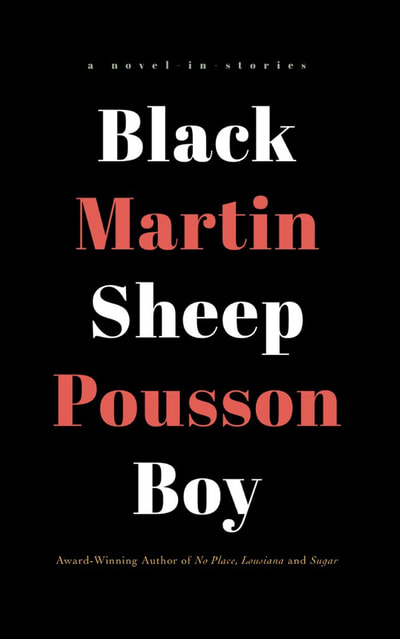
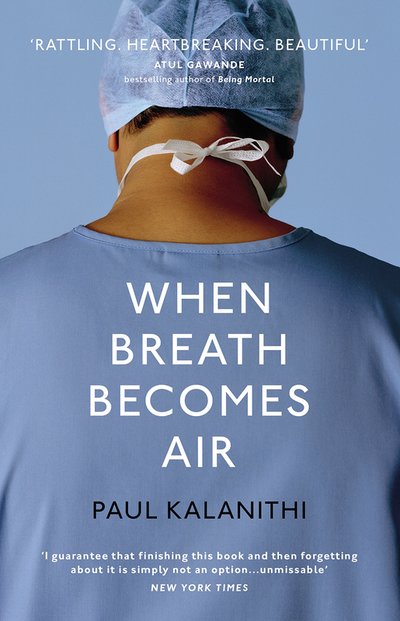
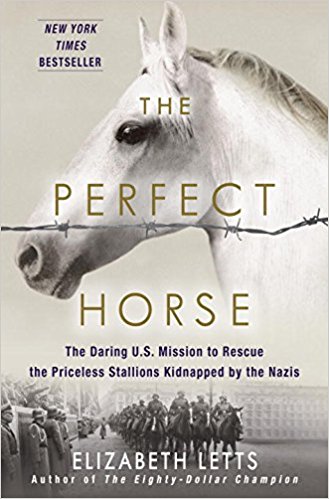
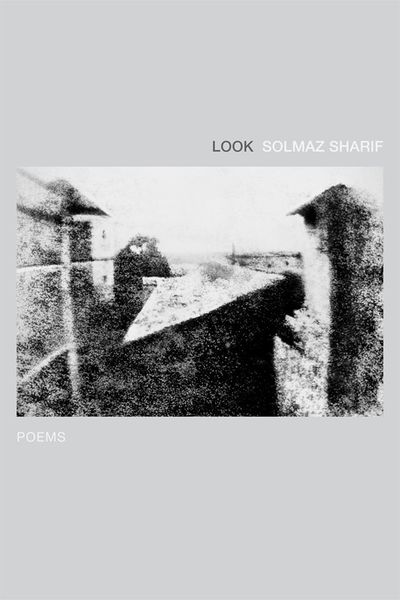
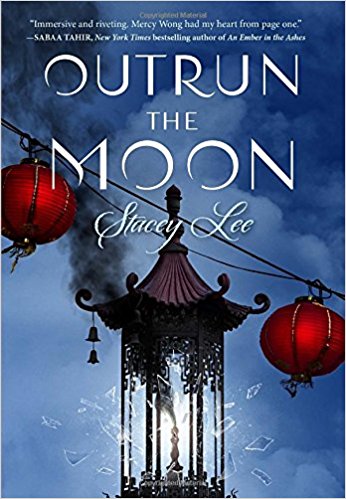
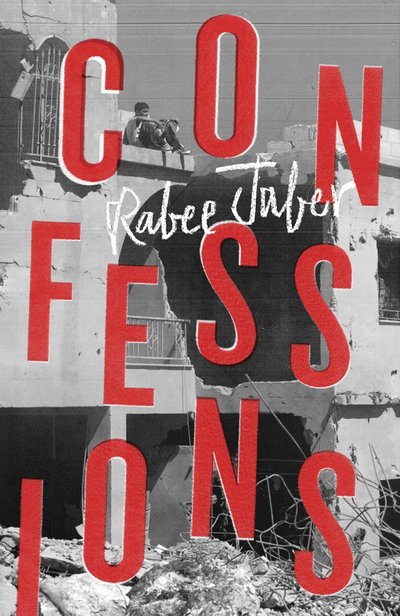
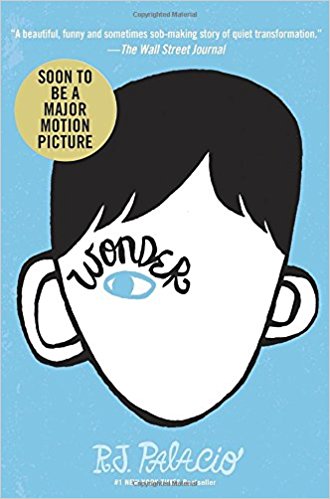
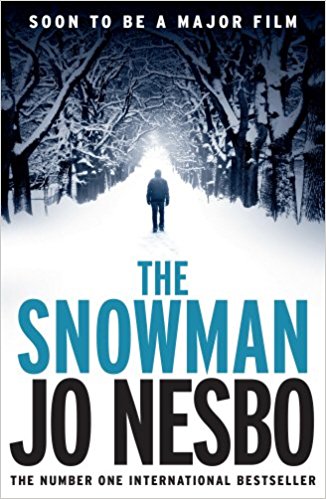
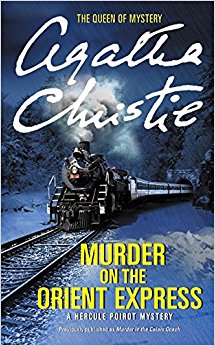
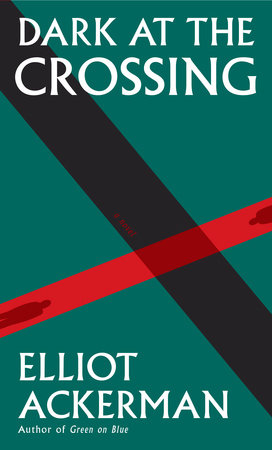
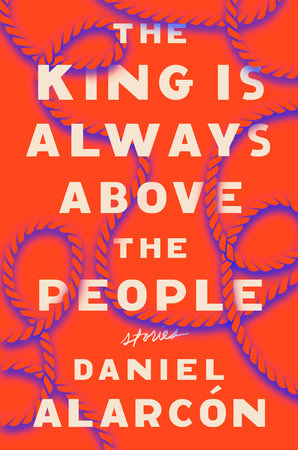
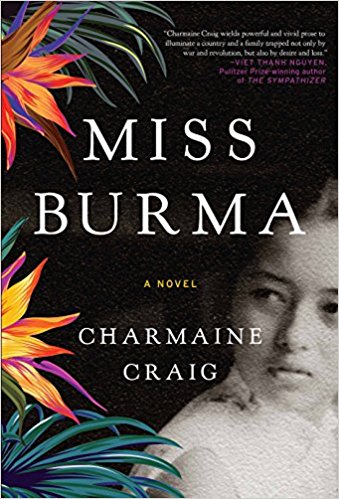
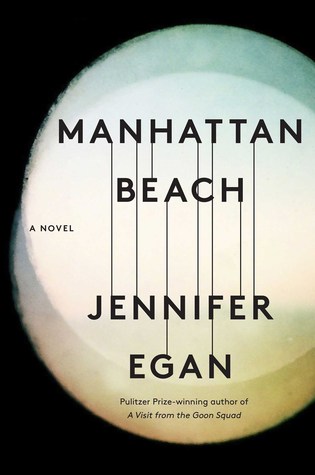
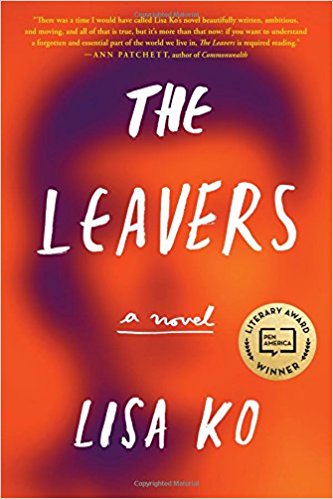
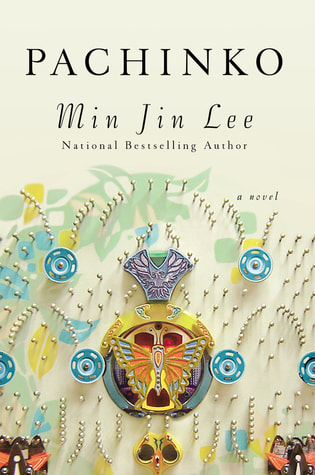
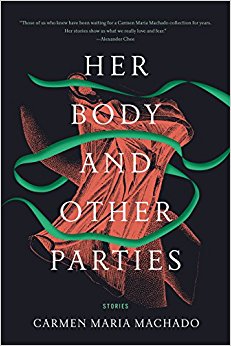
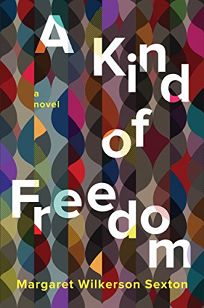
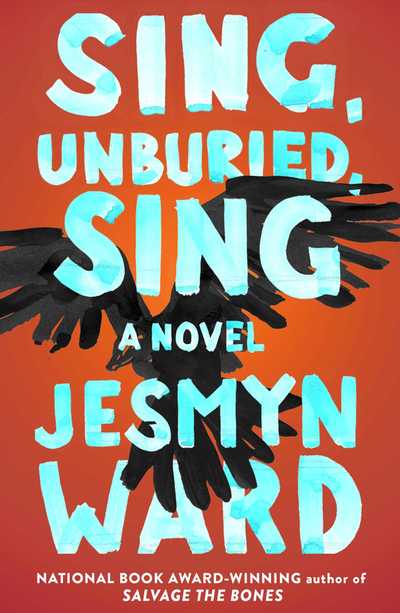
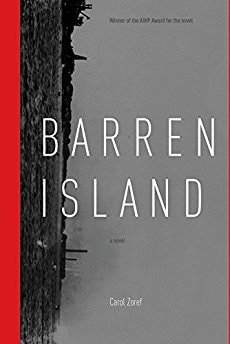
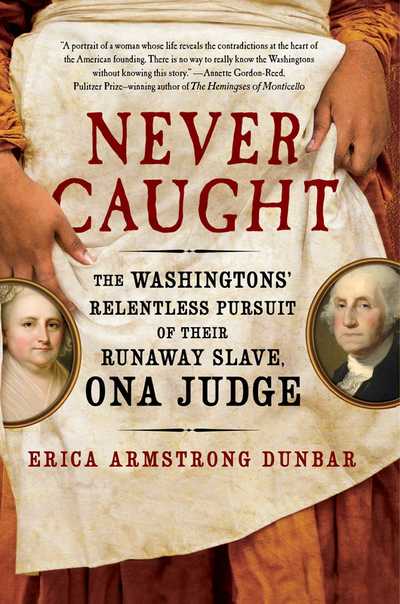
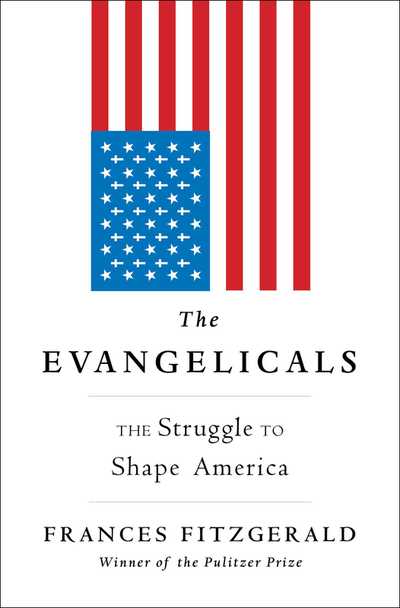
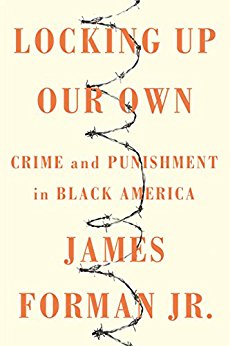
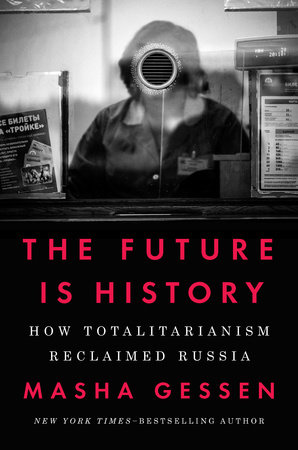
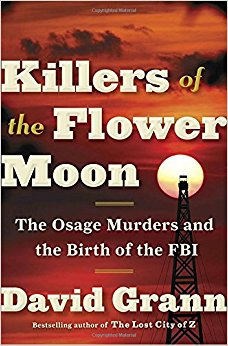

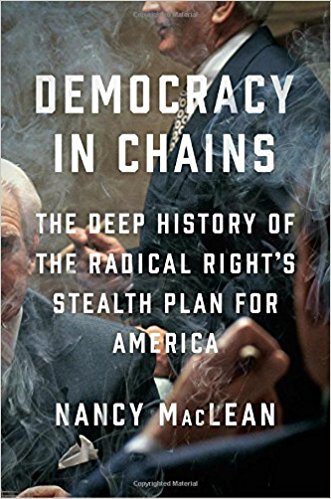
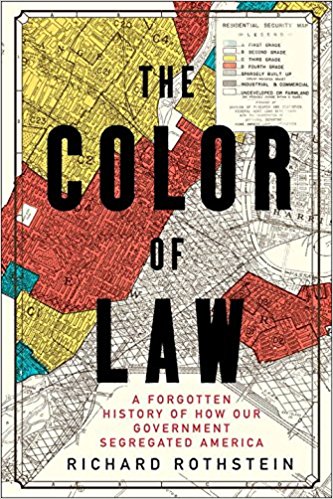
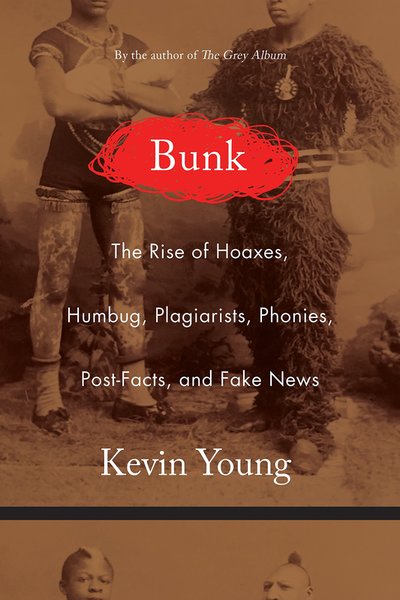
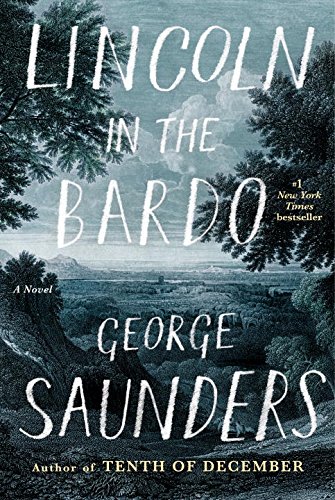
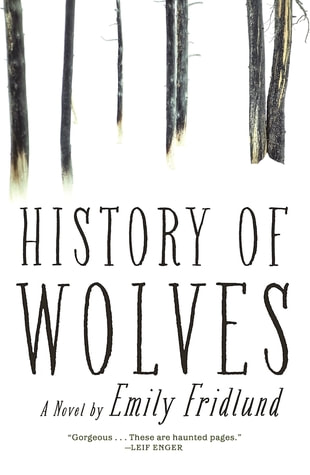
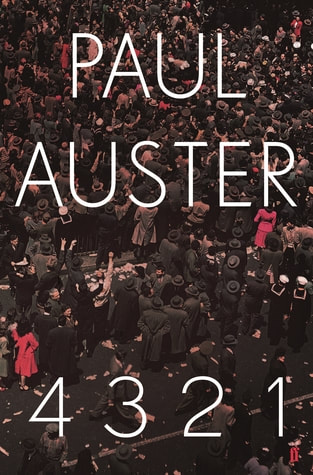
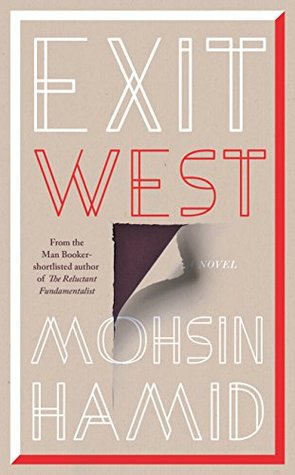
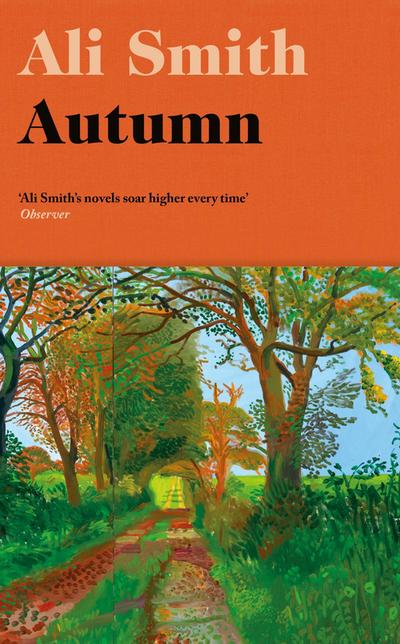
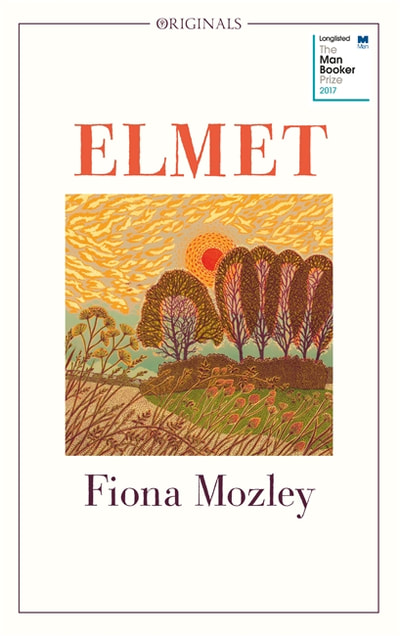
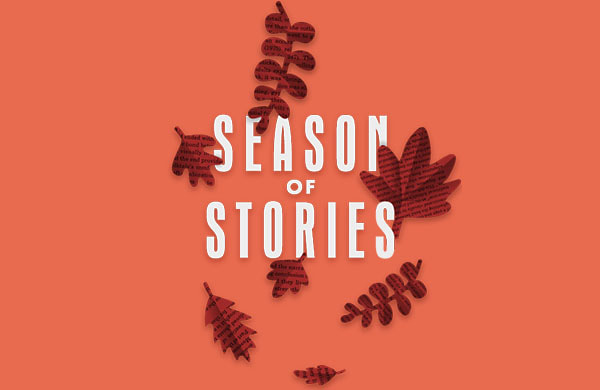

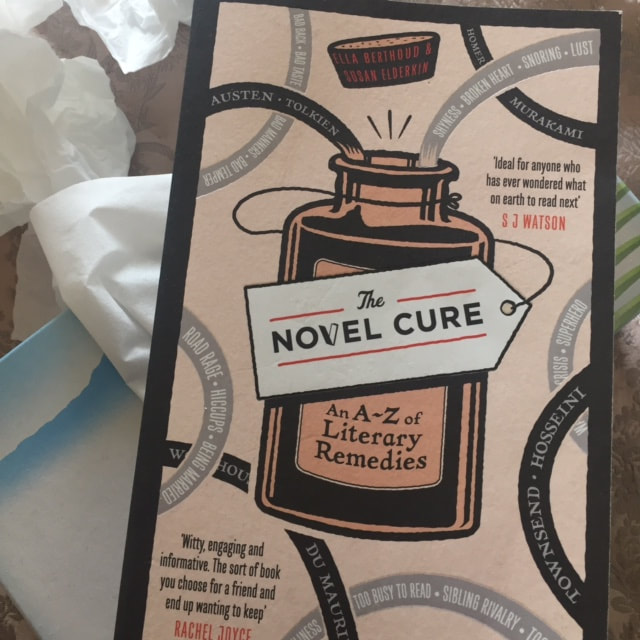
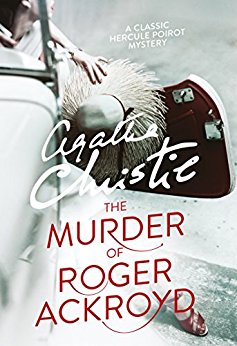
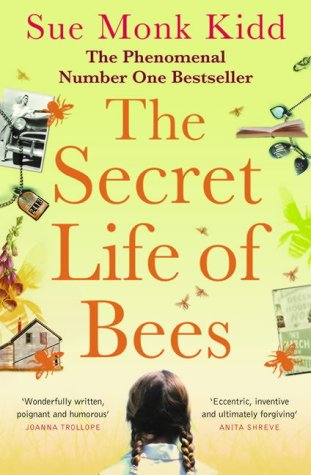
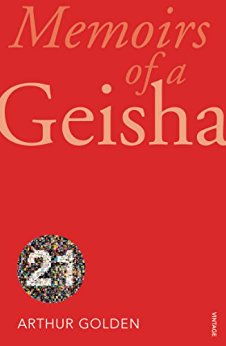
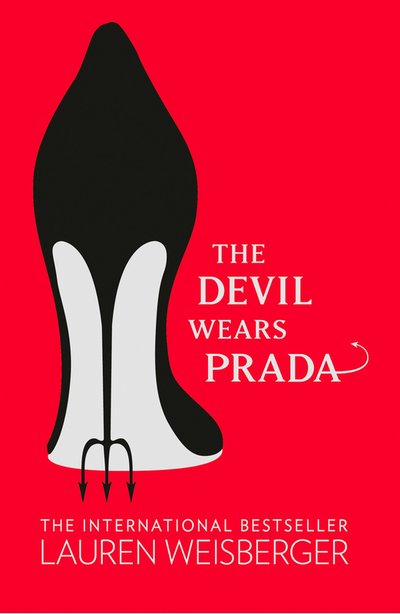
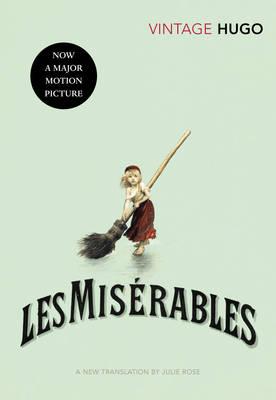
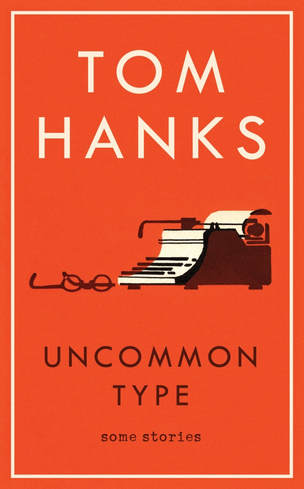
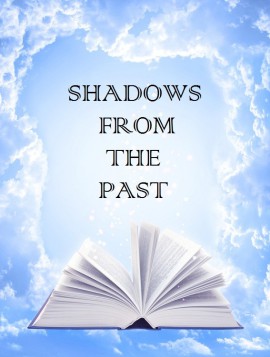
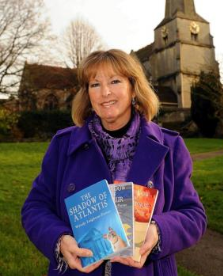
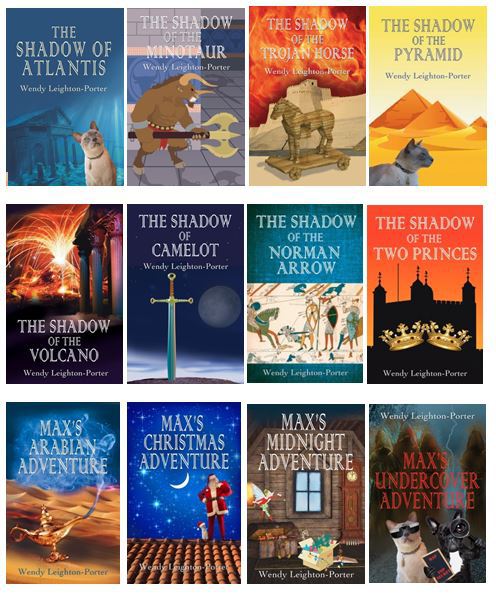
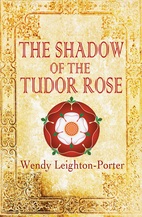
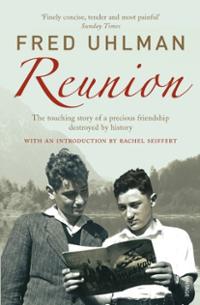
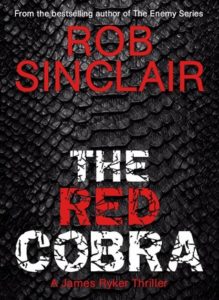
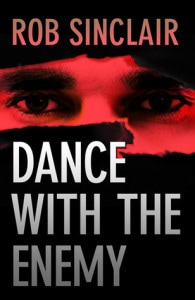
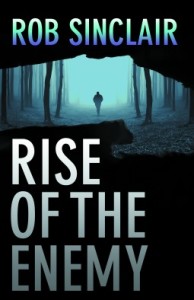
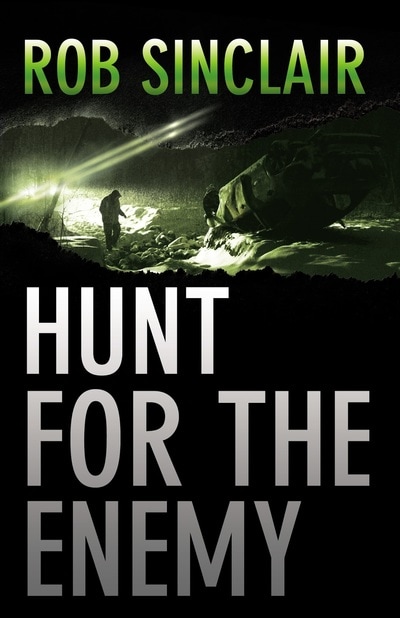
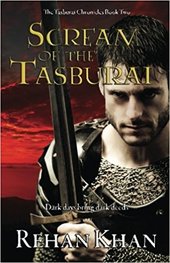

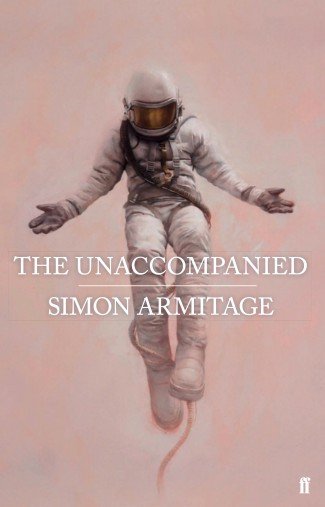
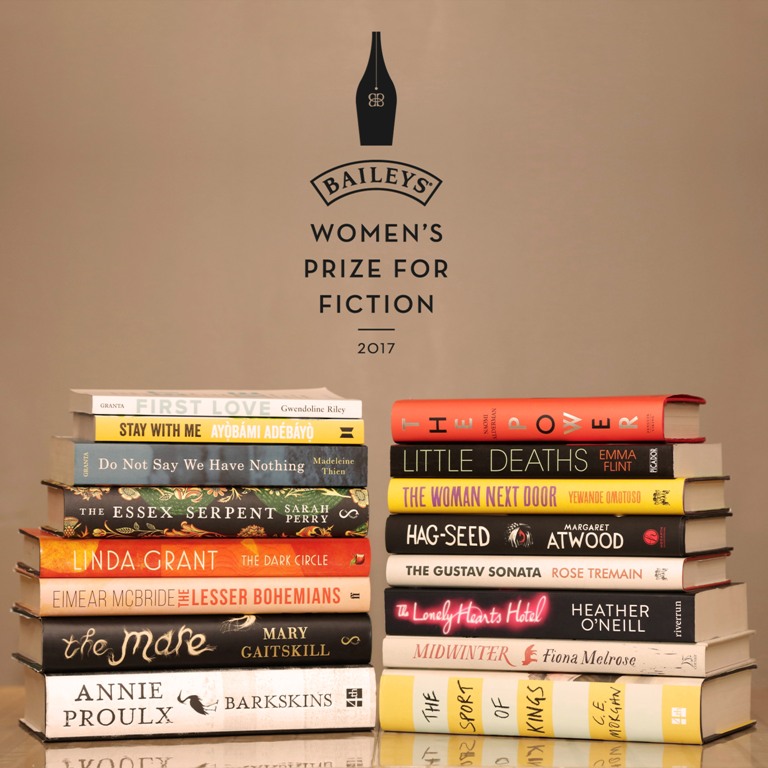

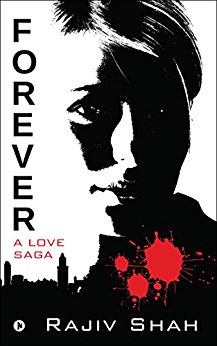
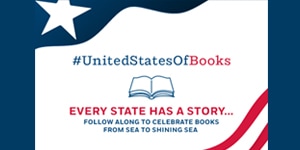

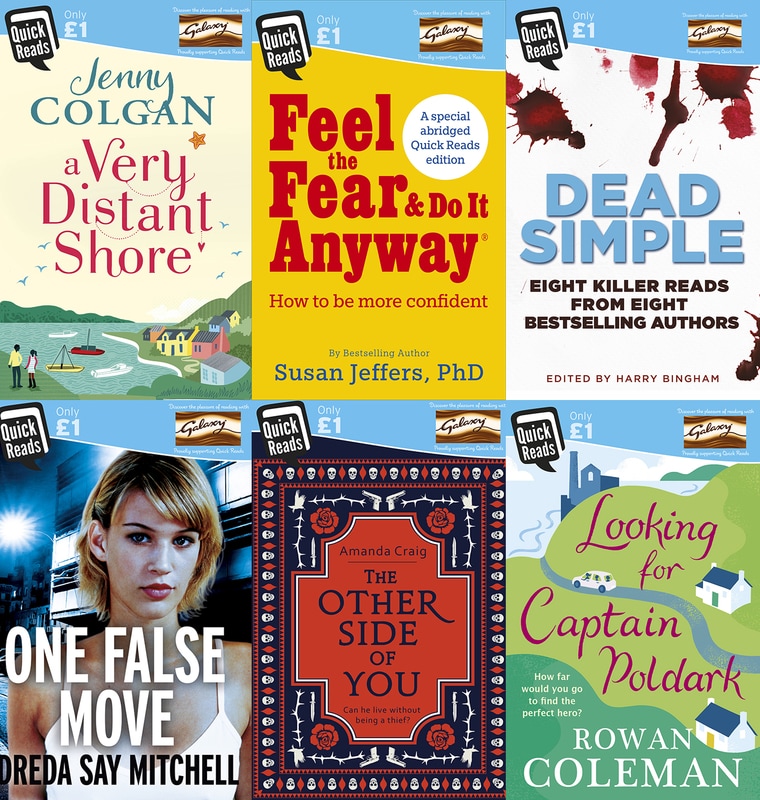
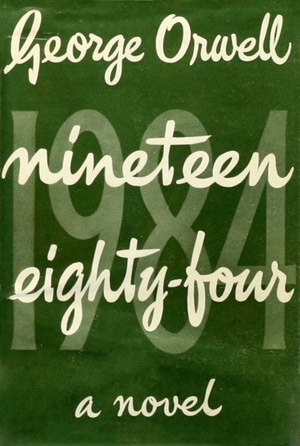
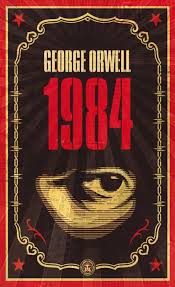

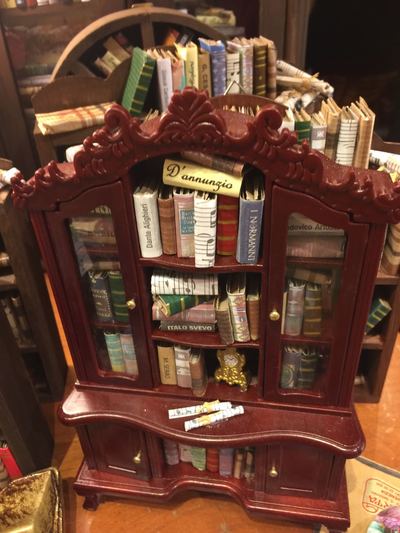
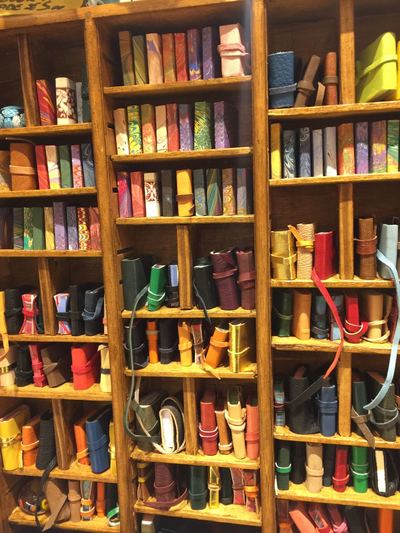
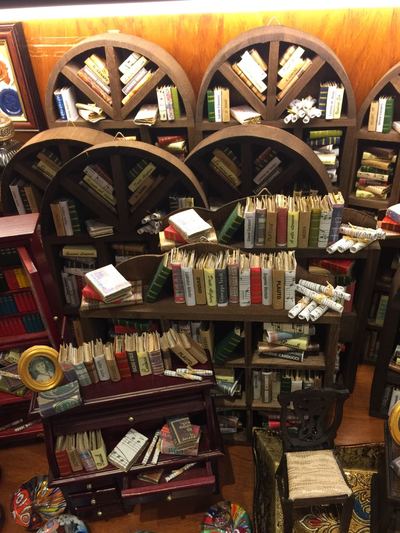

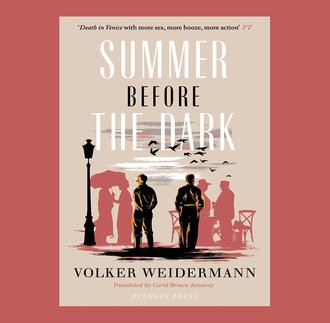
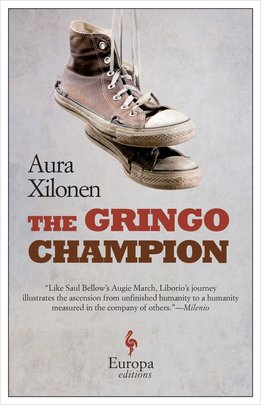
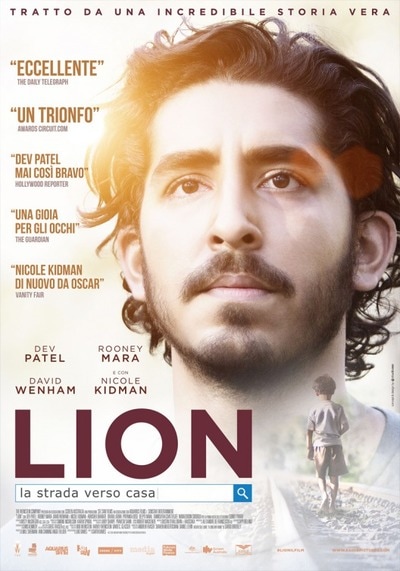
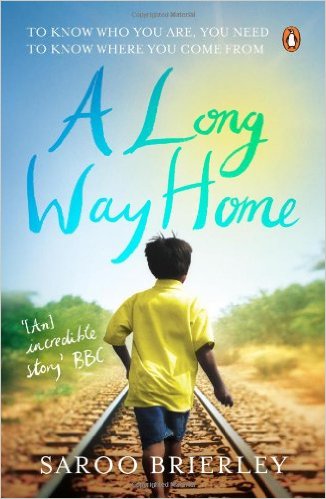
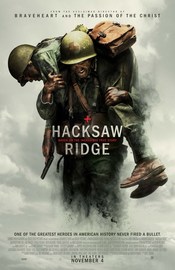
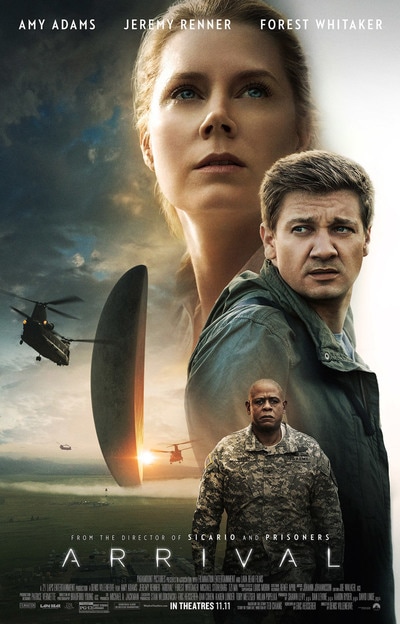
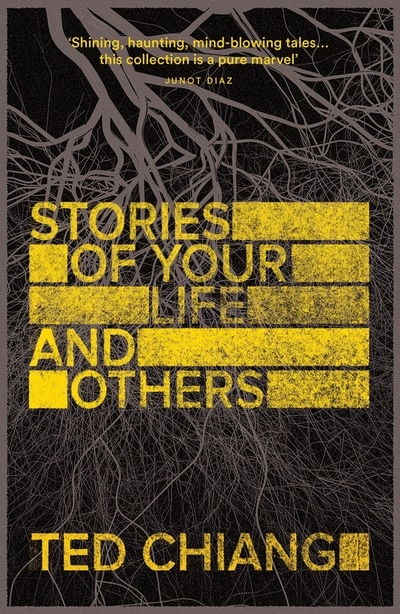
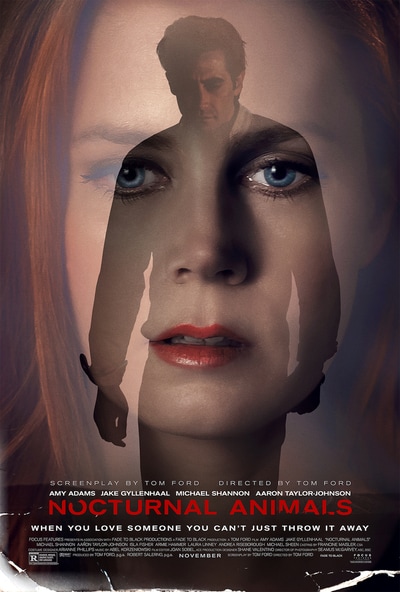
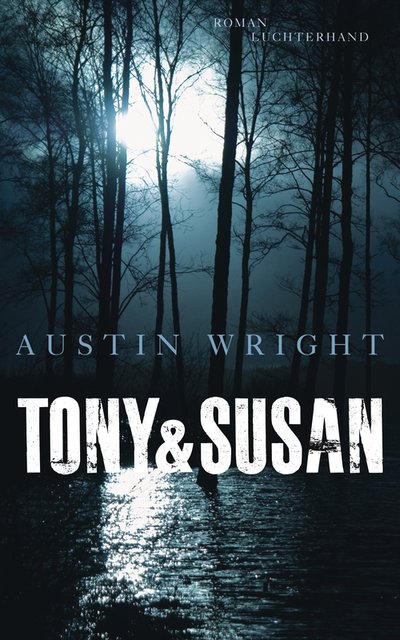
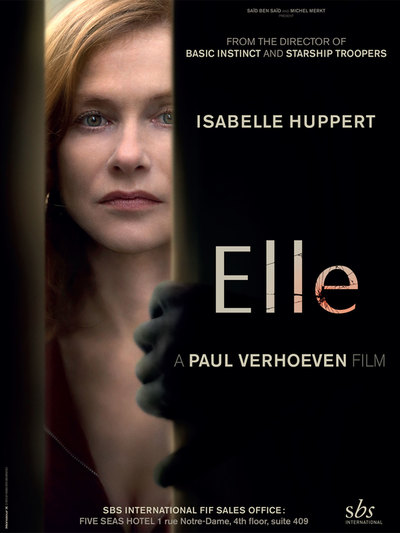
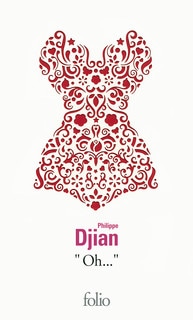
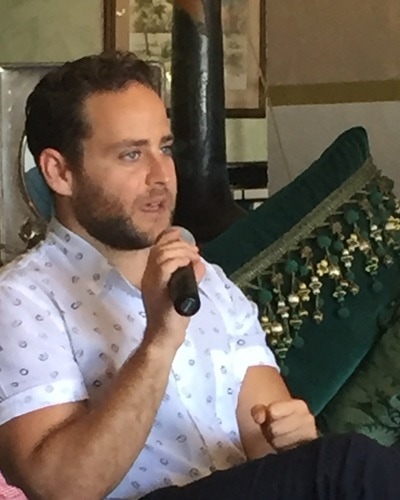
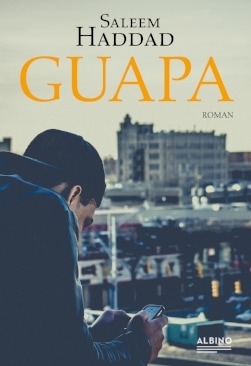
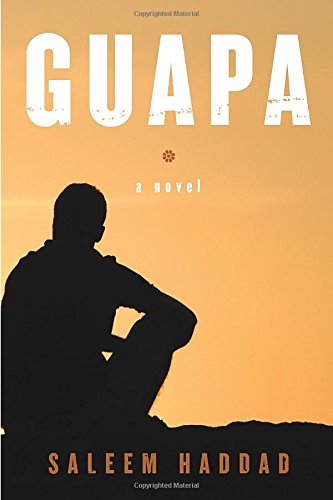
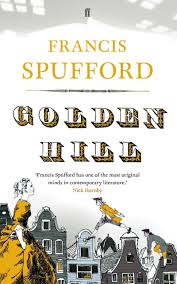
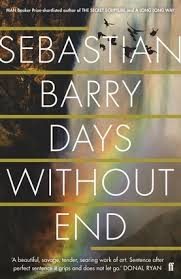
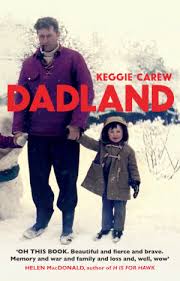
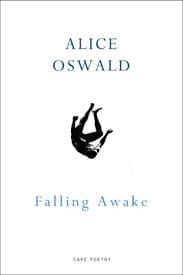
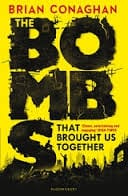
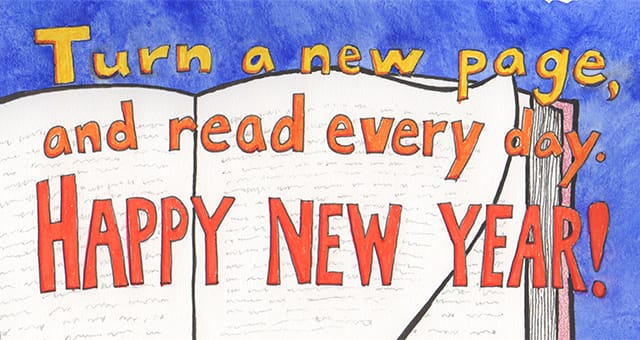
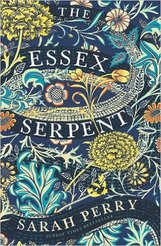


 RSS Feed
RSS Feed
